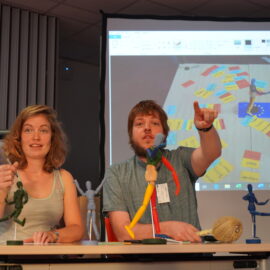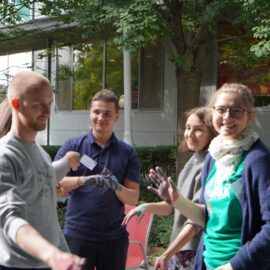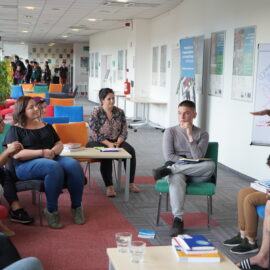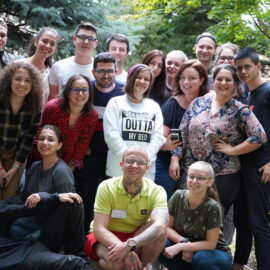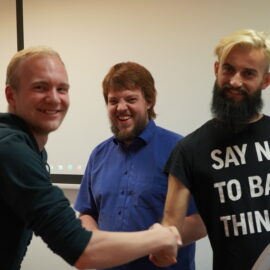Agriculture and pesticides
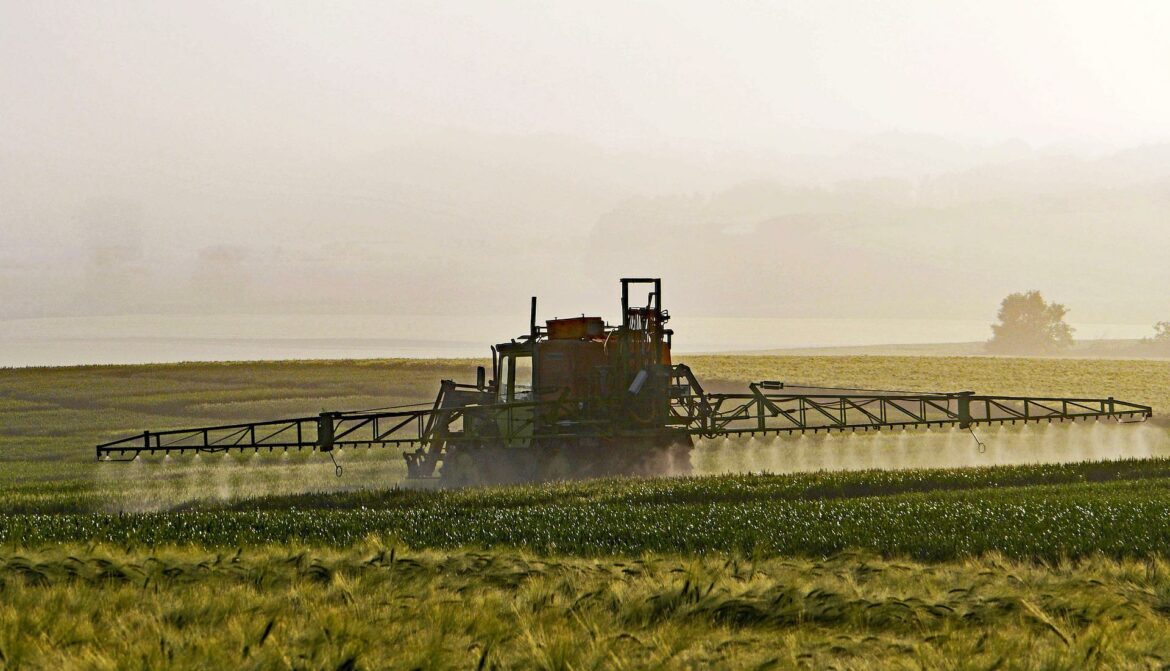
Pesticides are well-known and widespread chemicals that target and eliminate precise pests – insects, fungi, weeds, rodents and other animals. The conventional agricultural industry which represents the biggest part of our food supply relies heavily on the usage of manmade pesticides in order to secure the optimal crop productivity throughout the season. Some conventionally grown plant cultures require pest treatment of about 20 to 30 times per season, for instance, apples.
Pesticides are most common to be sprayed over land areas. However, over 96% of sprayed pesticides reach a destination other than their target, including non-targeted species, air, water and soil. This happens due to the fact that a big amount of the chemicals end up carried away by wind and water runoff, affecting the lives of numerous species along their way and contaminating the environment.
Once induced in the soil, pesticides harm the natural soil biodiversity and the organic matter. These practices, added to single-crop farming, lead to less fertility of the land and lower overall quality of the soil, which means less natural plant growth and increasing consumption of fertilizers for successful crop yields.
Pesticides are one of the main causes of water pollution. Furthermore, they reduce biodiversity, contribute to pollinator decline, destroy habitat – especially for birds and insects, and threaten endangered species.
Currently, the use of pesticides represents a very important burden for most farmers. For instance, in the Spanish rural region of Extremadura pesticides account for a quarter of their whole expenses (if we add fertilizers it represents half of all expenses). The globalization of supply chains has forced the majority of producers to use pesticides and fertilizers in order to address the increasing demand.
Many farmers nowadays are caught in the vicious logic of producing more and more to keep their wages stable and therefore they are forced to use more pesticides. Because of the lack of support of CAP (Common Agricultural Policy) for transitioning to no-pesticides farming, farmers willing to shift are left alone.
Farmers are the first concerned about the use of pesticides. They are the ones that have experienced the health consequences of glyphosate and other carcinogenic pesticides when there was no regulation. Their land is becoming less fertile because of pesticides. They have all the more interest to transition back to no-pesticides farming, but they need a suited framework to do so.
What we call for:
1. A further implementation of the peasant model which is based on the principles of agroecology and in harmony with biodiversity [1].
2. Instead of pesticides, natural preparation methods shall be encouraged. At this moment the application of such methods is still a bureaucratic hurdle and very costly. We wish from the Member States to actively support these methods that are harmless for the environment and health.
3. More natural alternative methods such as plant, fungi and bacteria association, and the enhanced financing on research in this area.
4. The European Union’s CAP (Common Agricultural Policy) should offer a framework to help farmers to shift from pesticide-intensive agriculture to agroecological farming by proposing expertise, financial support and fair prices for farmers and encouraging small and medium-scale farming so that the use of pesticides is no longer attractive for farmers.
We want to achieve that the EU Member states:
1. Agree on and implement policies which favor environmentally friendly agriculture, such as a Common Agricultural and Food Policy that respects farmers and environments.
2. Ensure fair prices for farmers and by that putting an end to the market-driven mindset, that enhances unfair commercial competition
3. Prohibit highly toxic substances : carcinogenic, mutagenic, reprotoxic (CMR) and endocrine disrupting pesticides (ED).
References :
Miller GT (2004). “Ch. 9. Biodiversity”. Sustaining the Earth (6th ed.).
Goulson, Dave; Nicholls, Elizabeth; Botías, Cristina; Rotheray, Ellen L. (27 March 2015). “Bee declines driven by combined stress from parasites, pesticides, and lack of flowers”.
Tosi, Simone; Costa, Cecilia; Vesco, Umberto; Quaglia, Giancarlo; Guido, Giovanni (2018). “A survey of honey bee-collected pollen reveals widespread contamination by agricultural pesticides”.
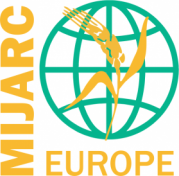

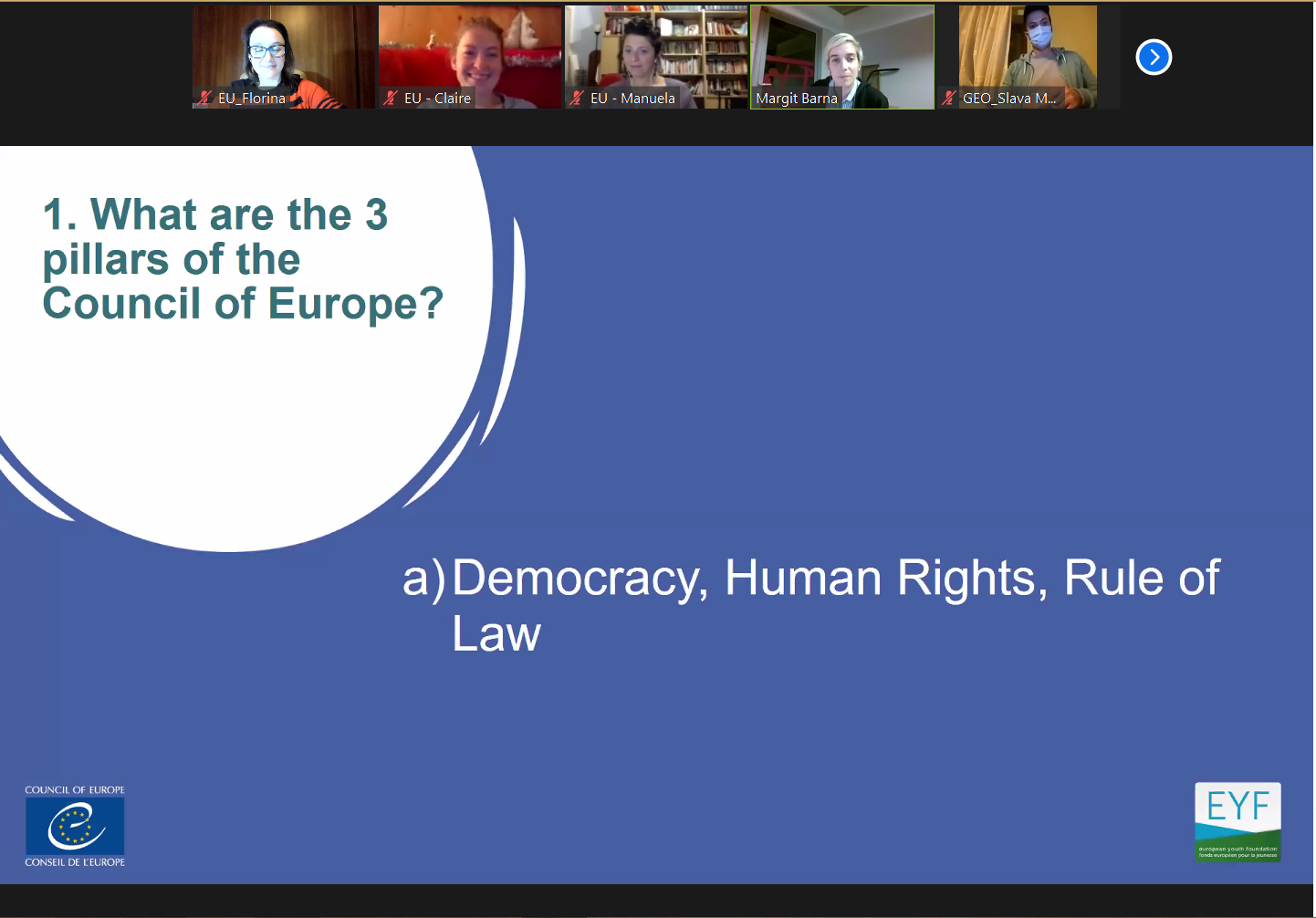
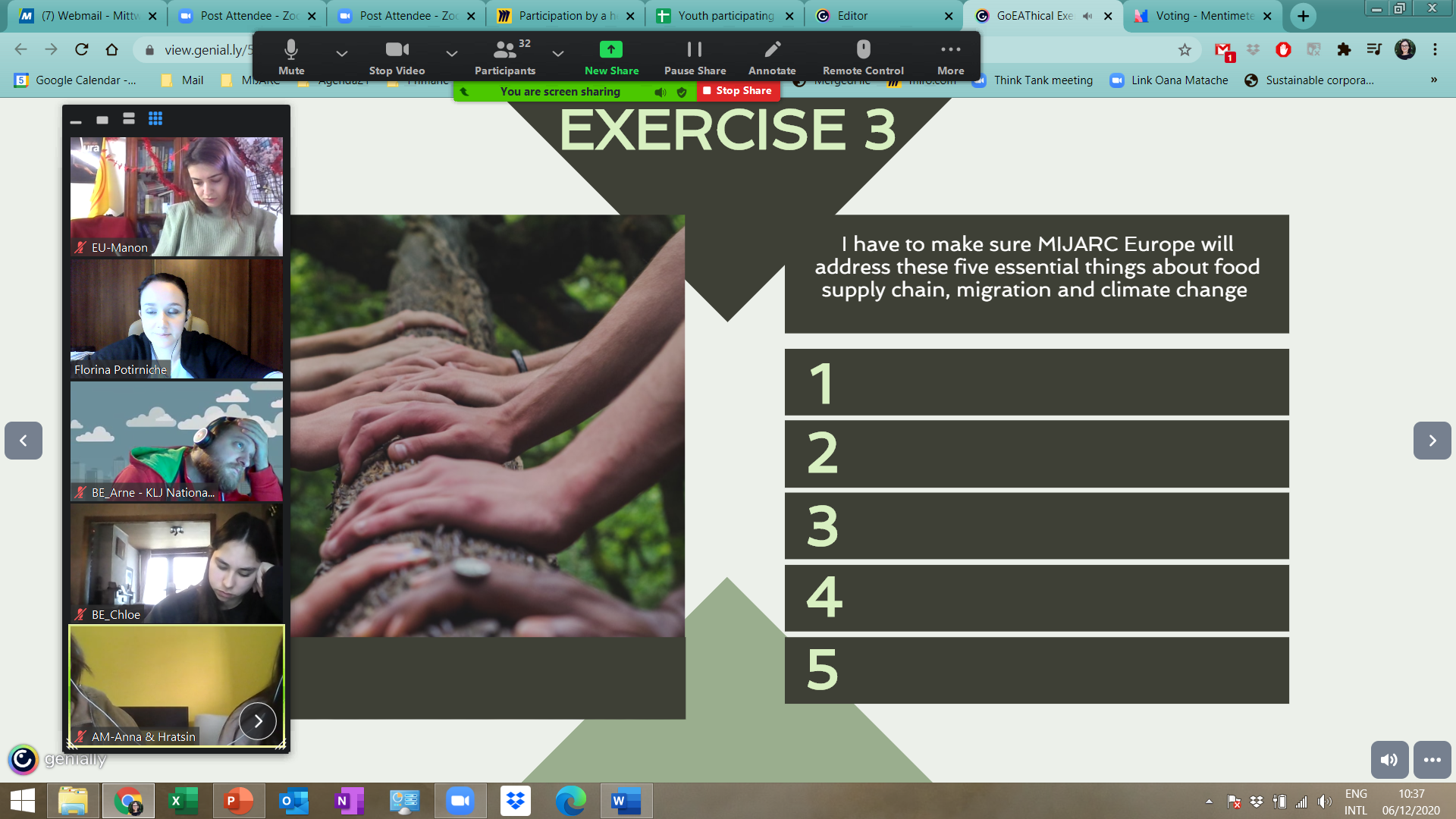
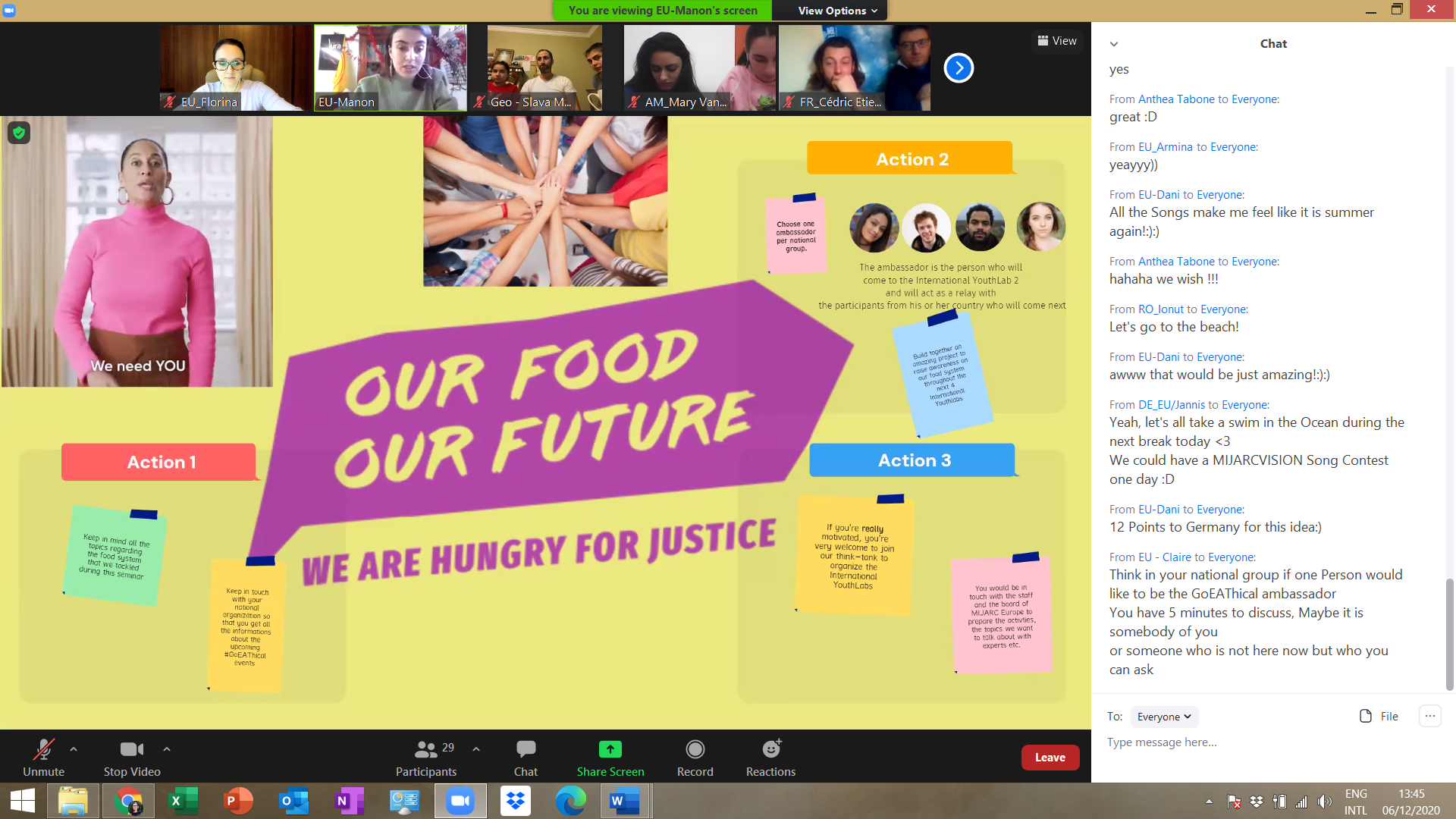
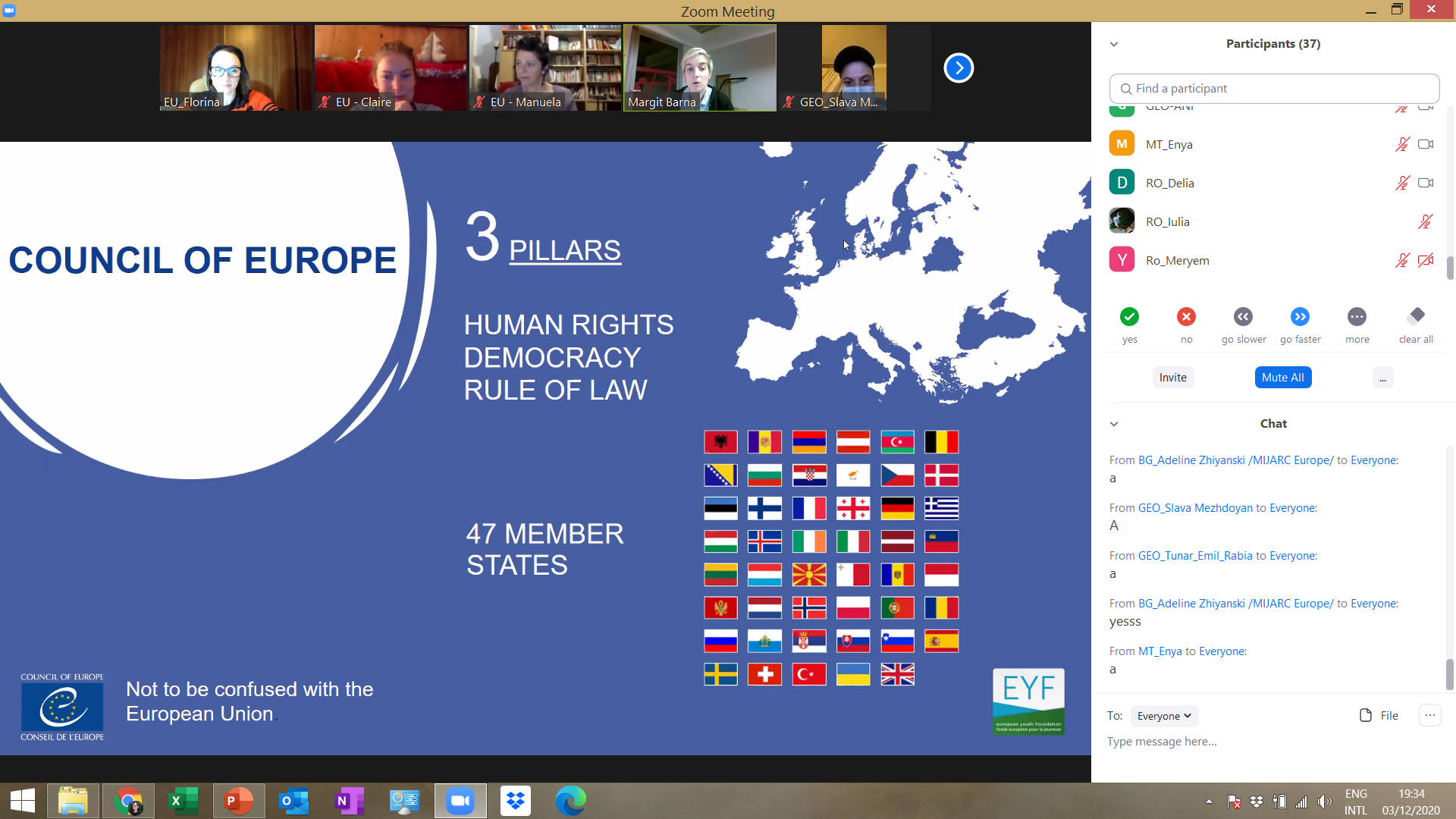
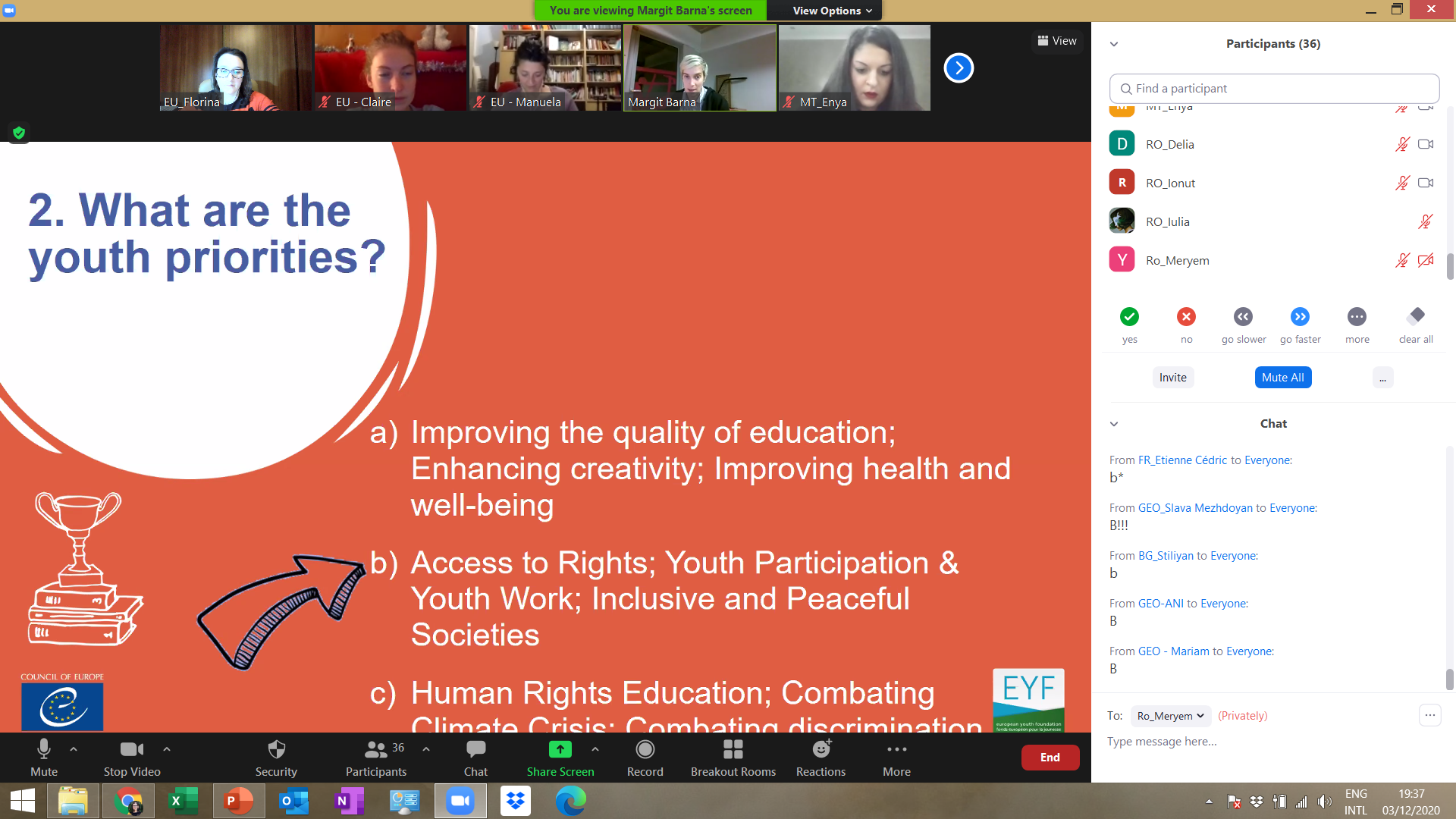
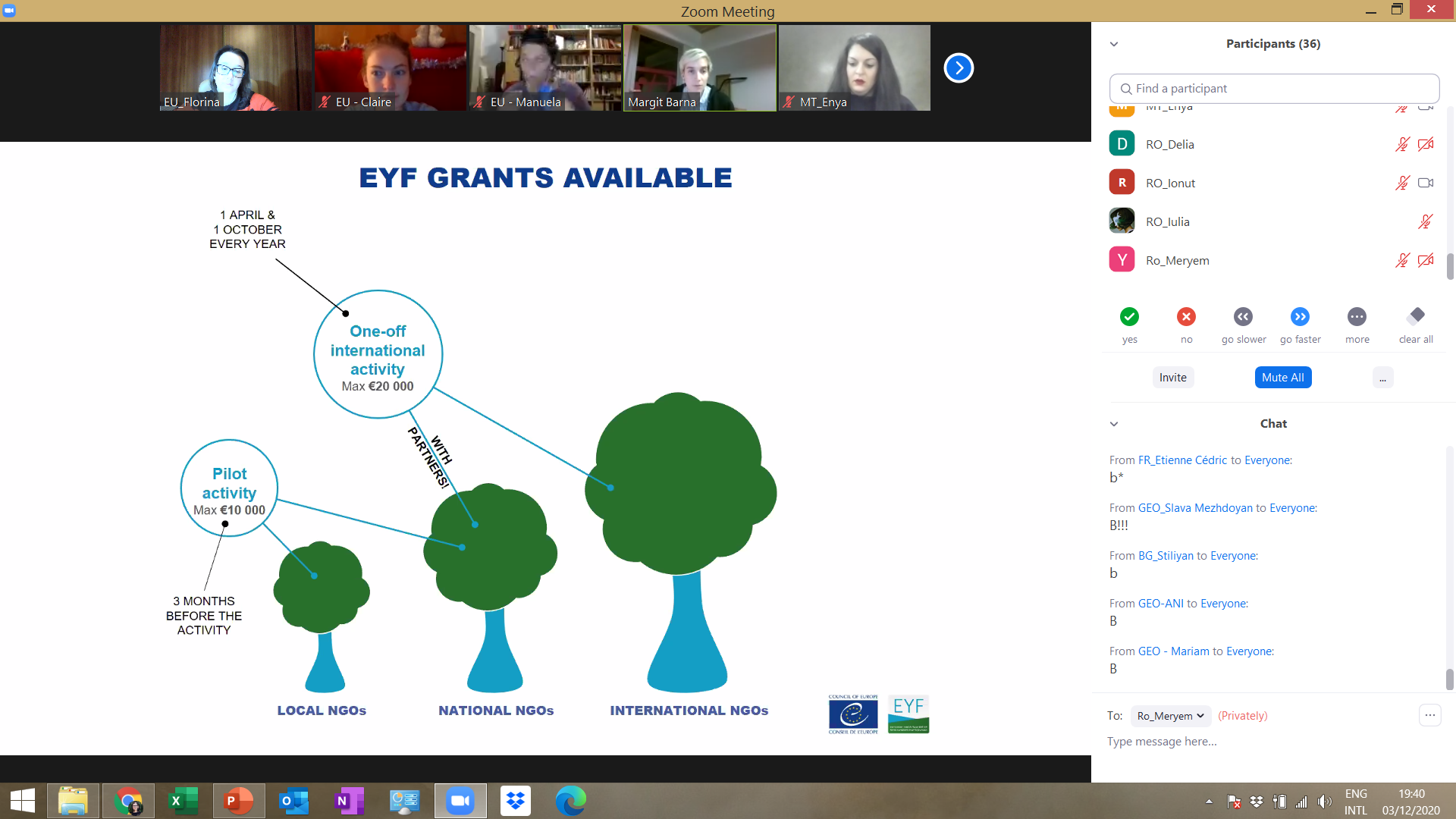
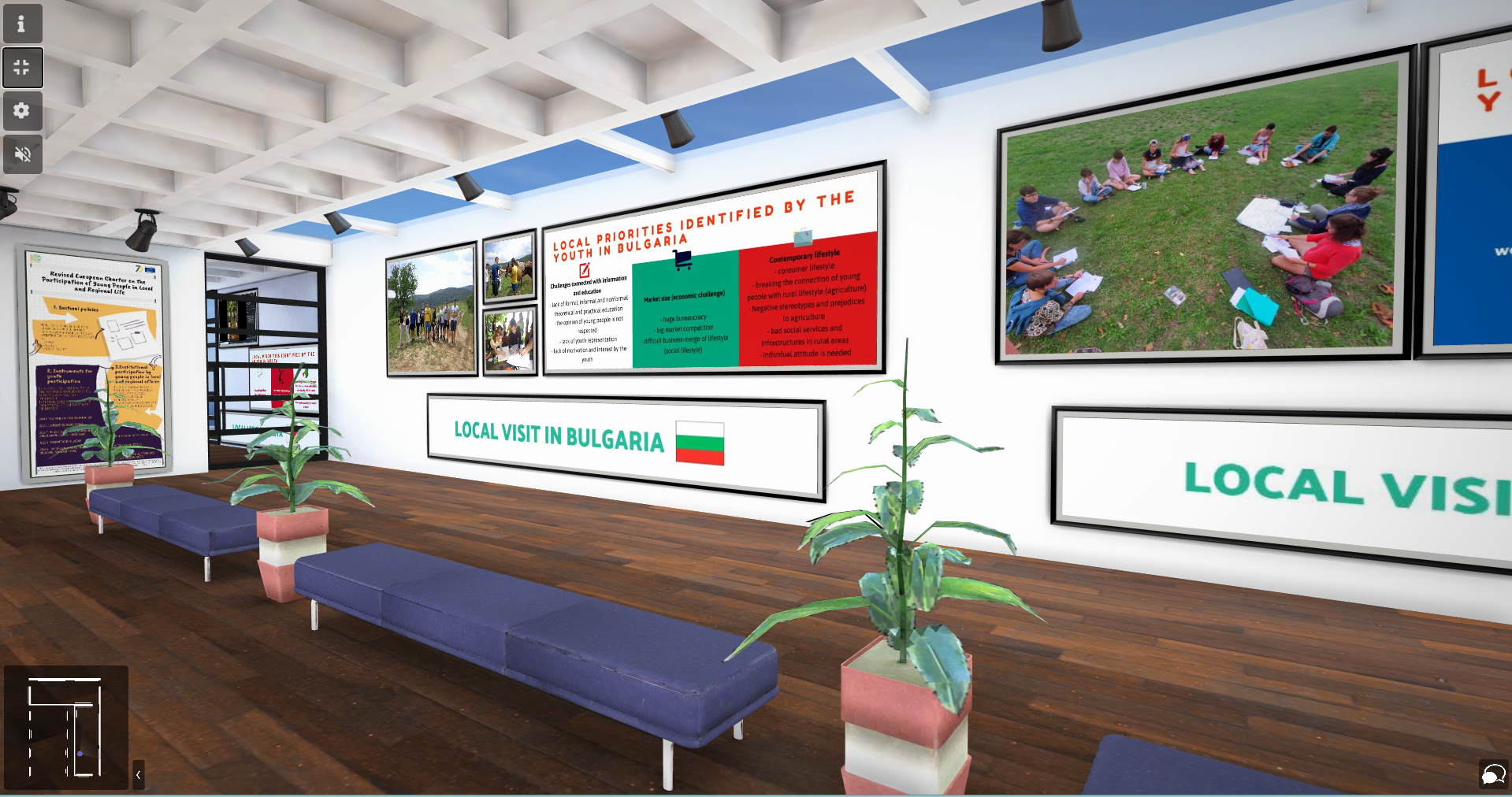
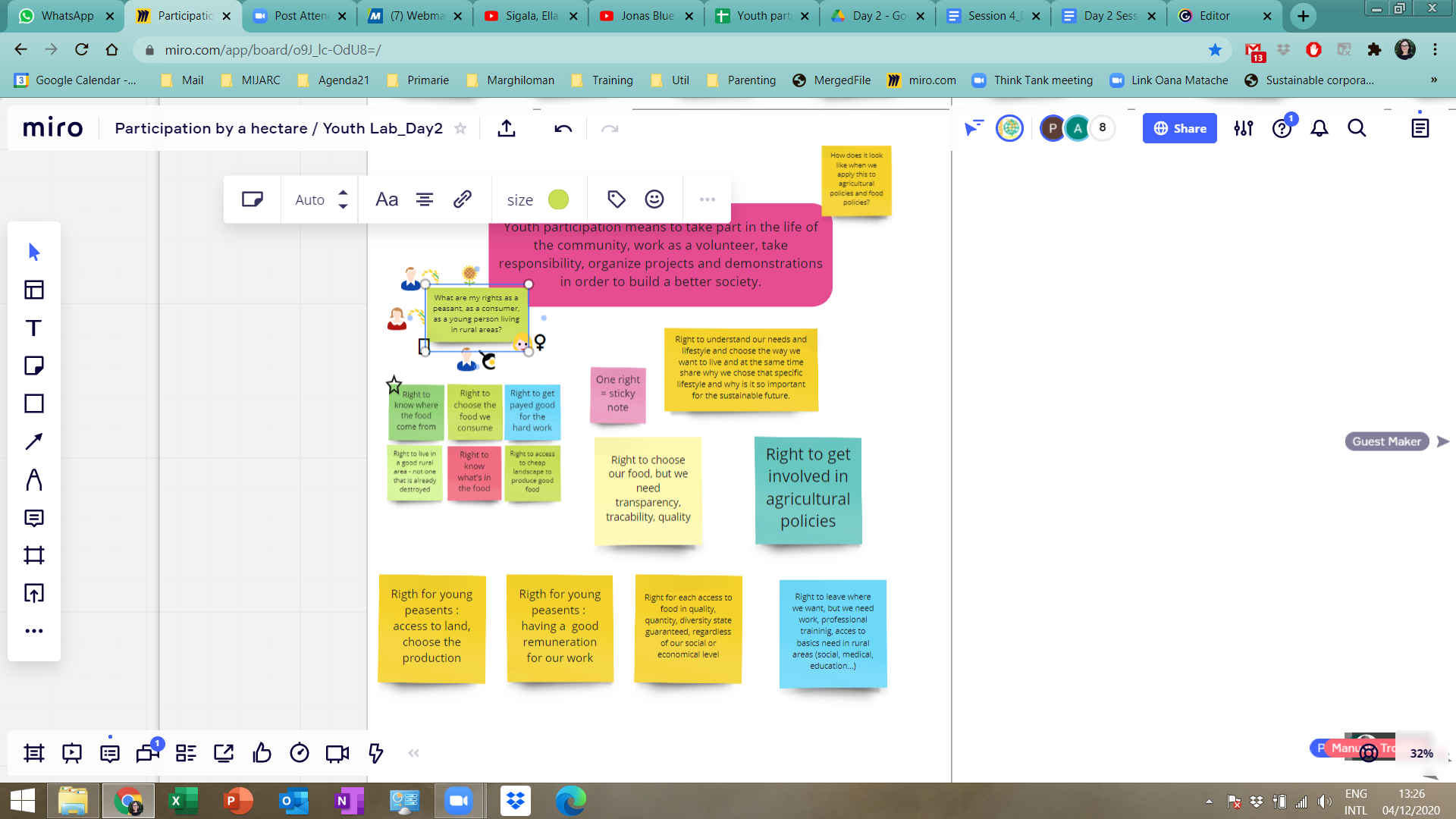
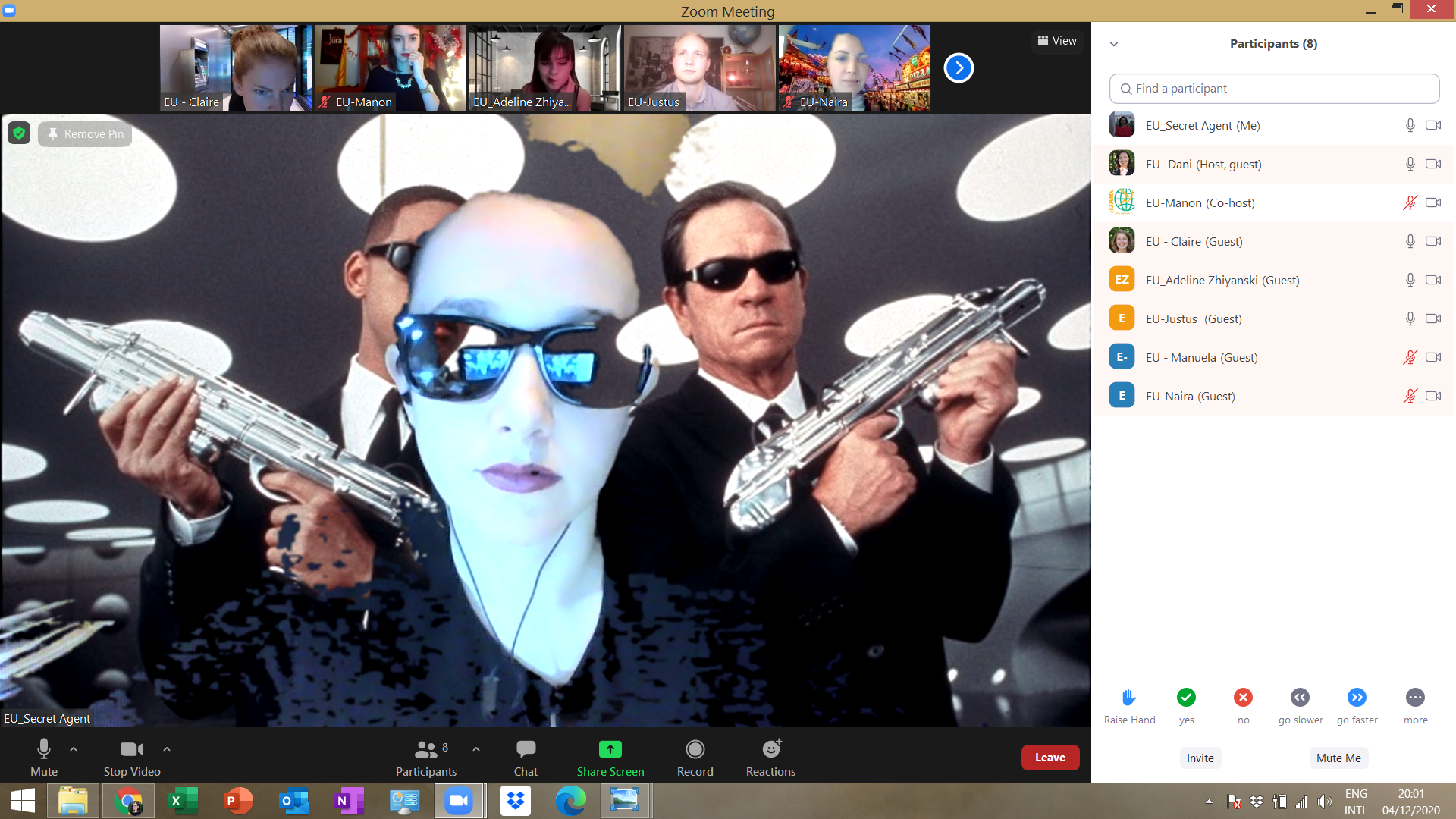
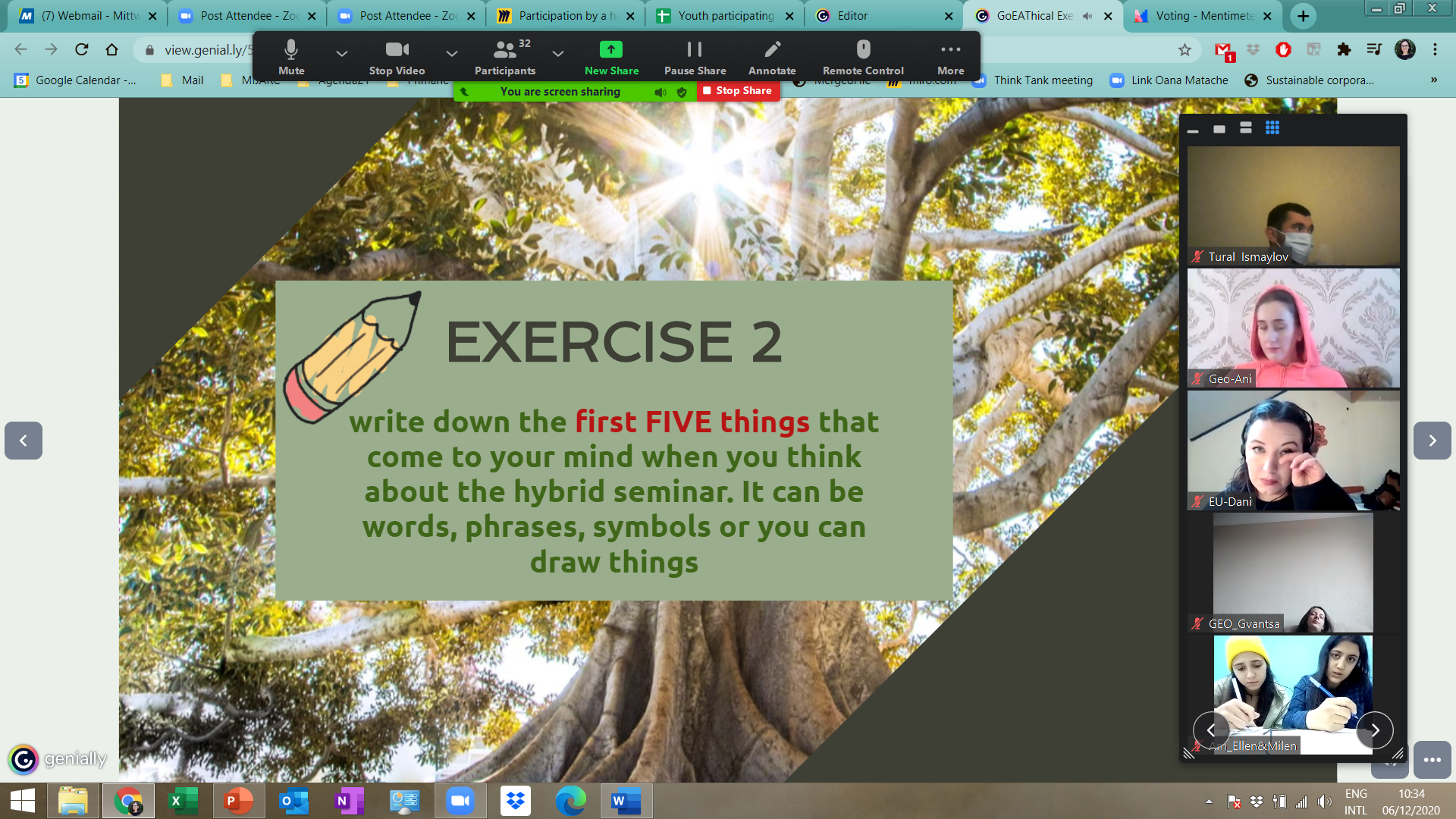
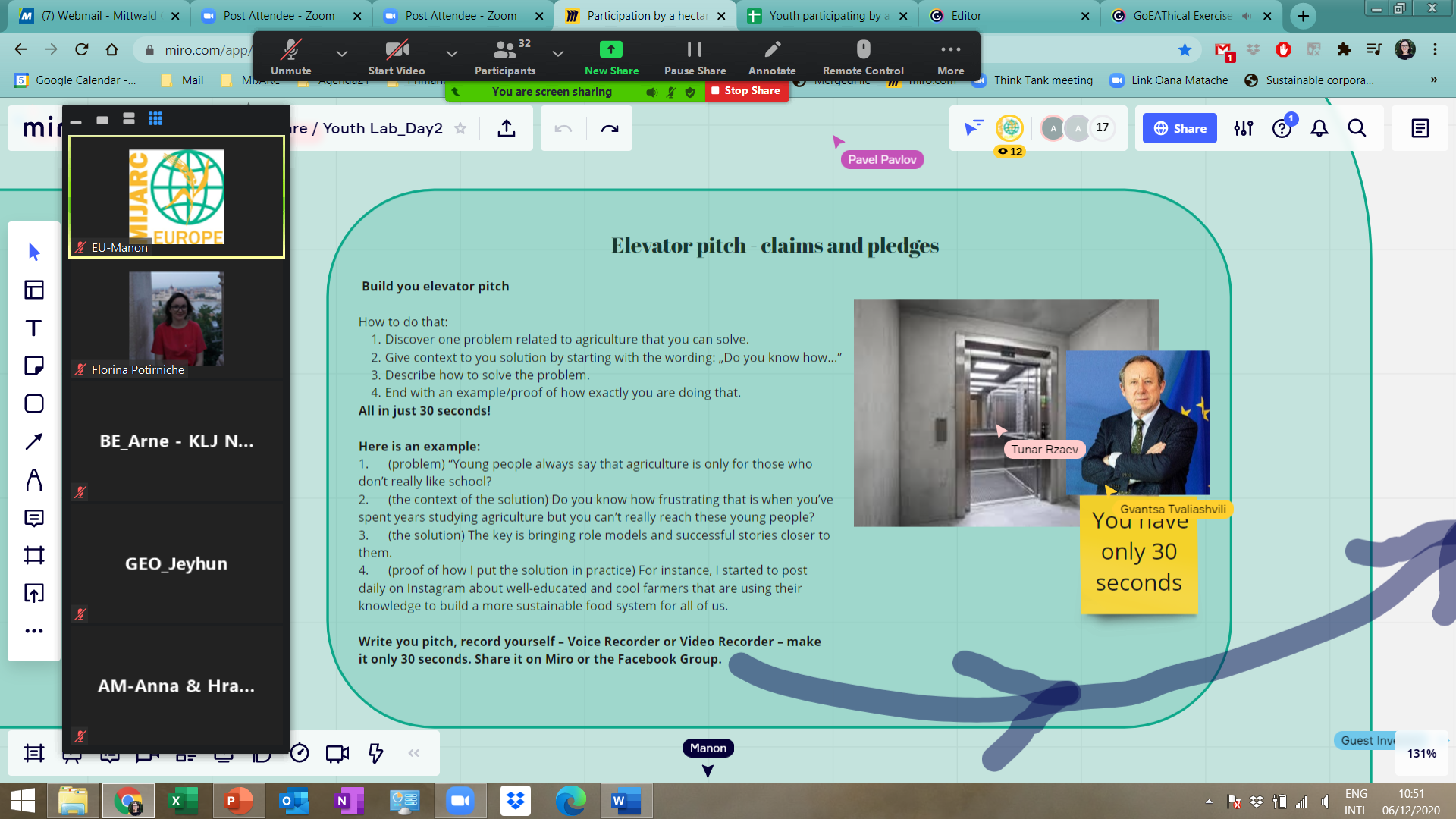
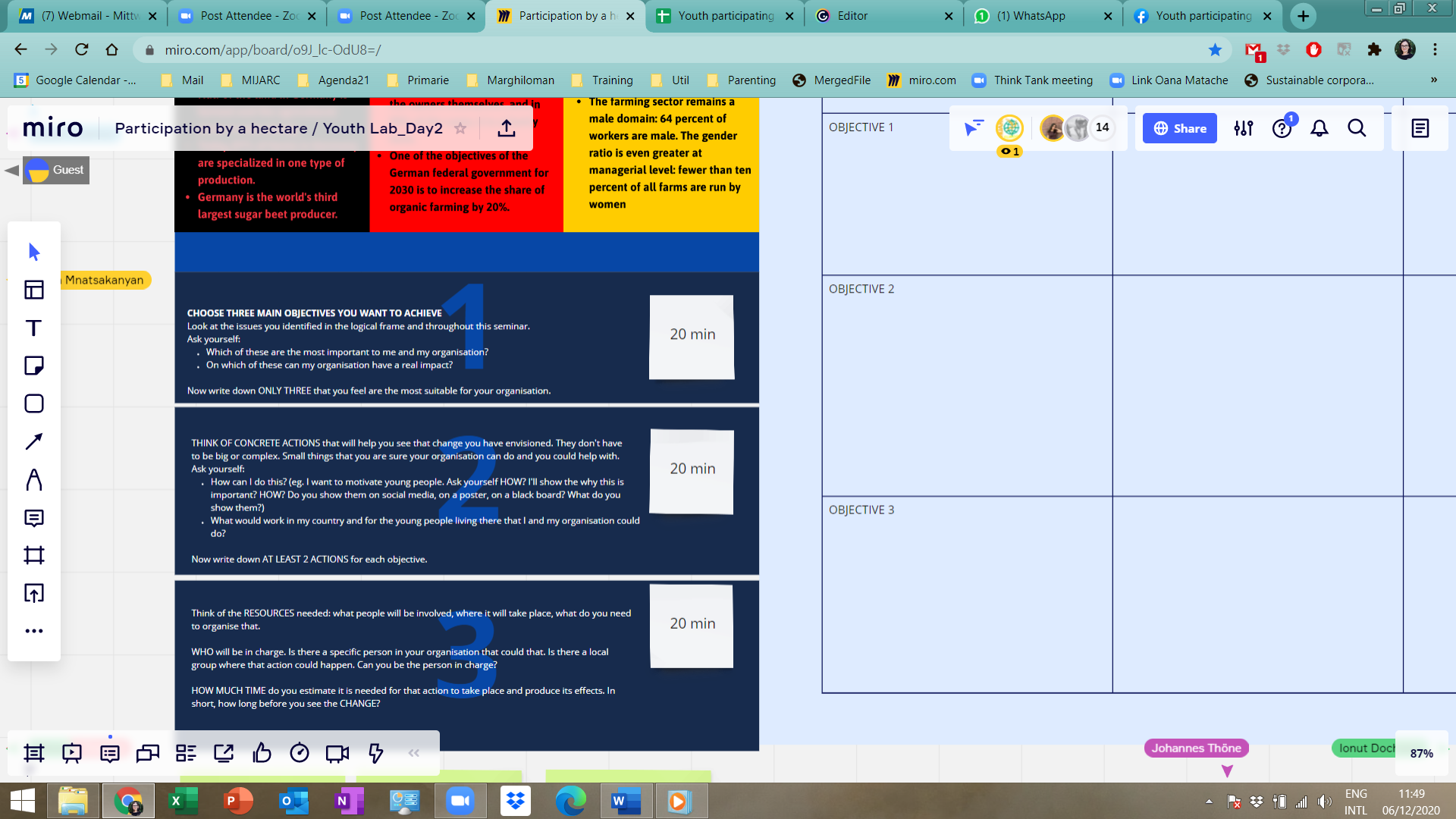
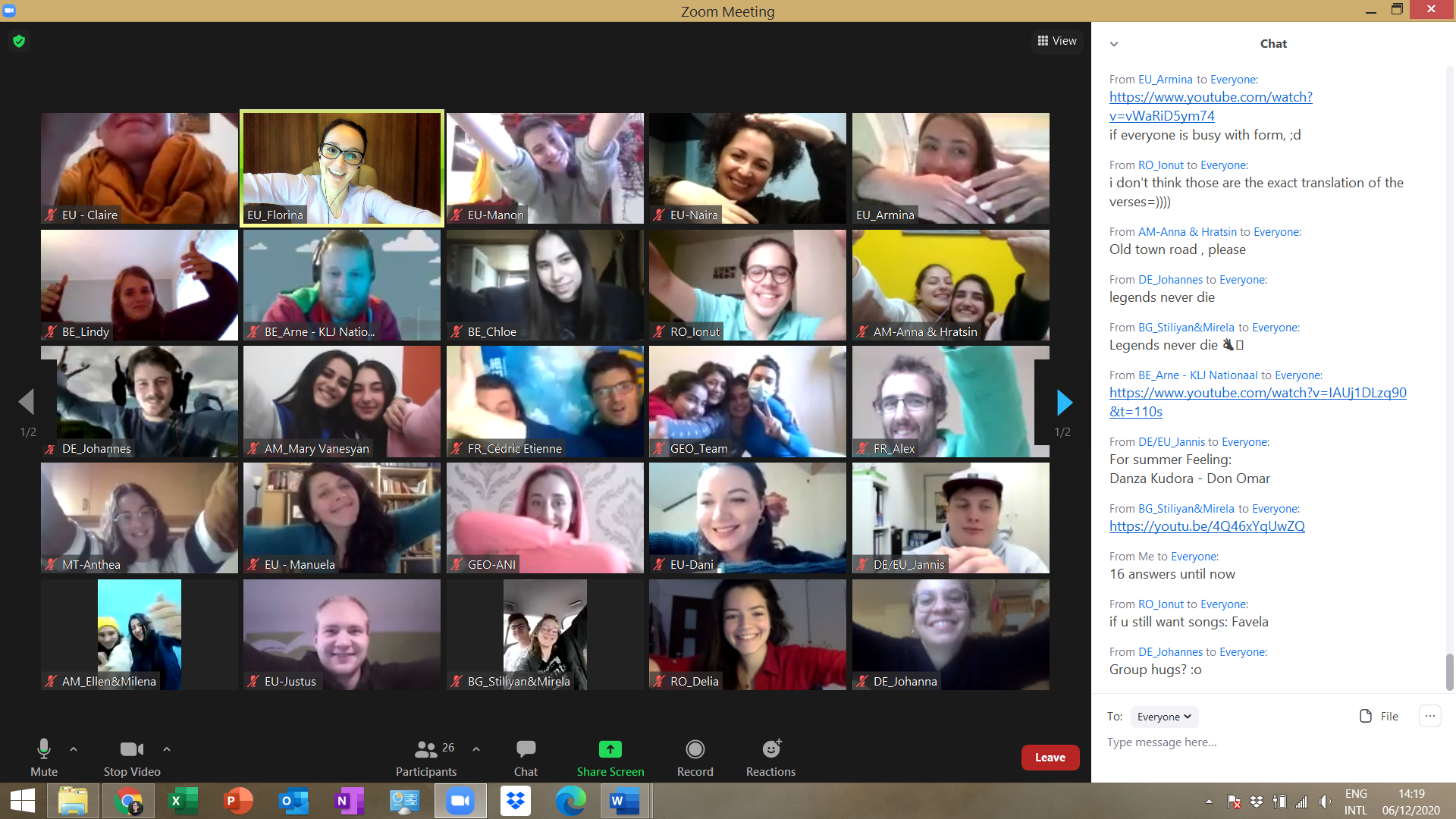
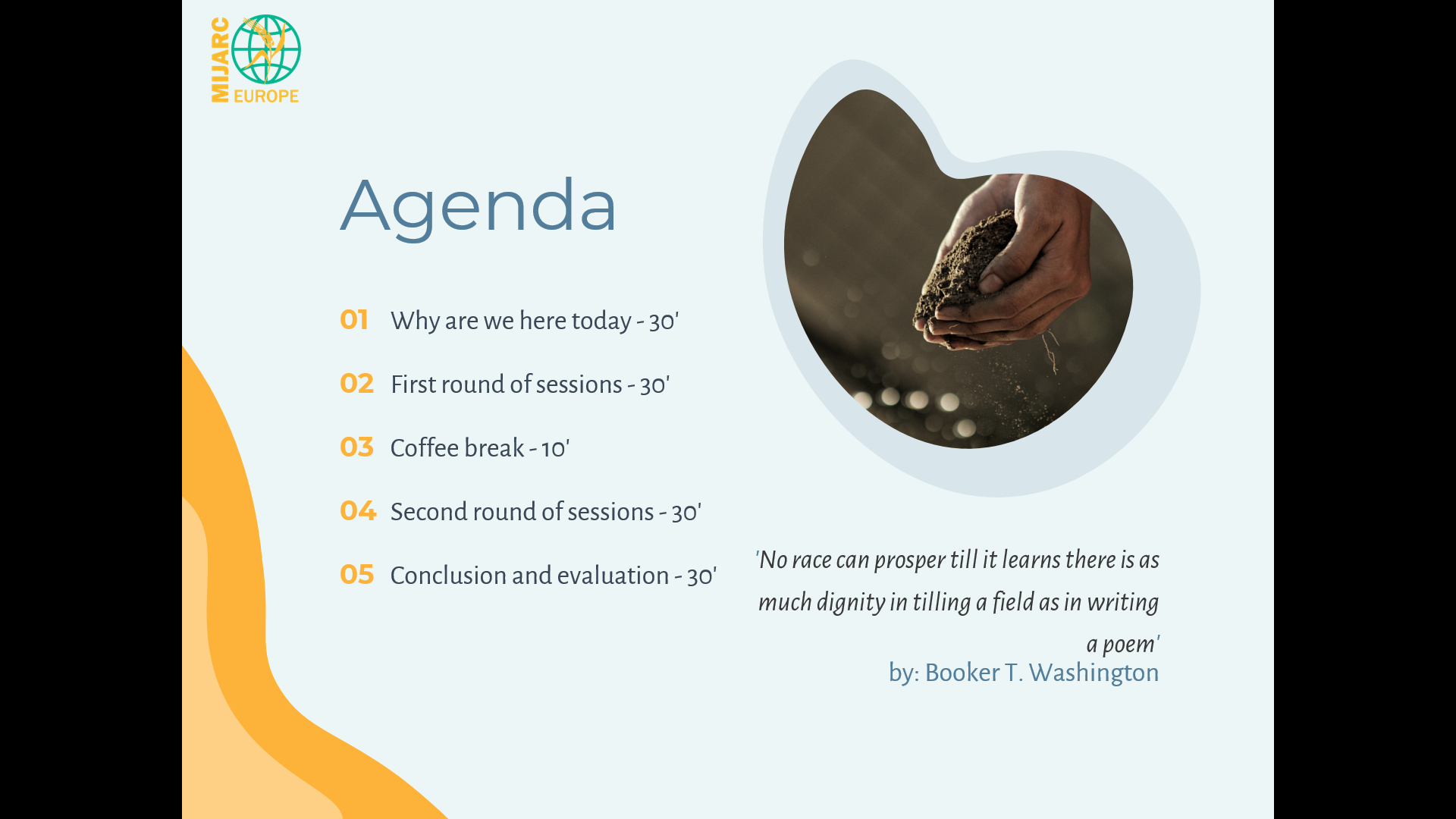

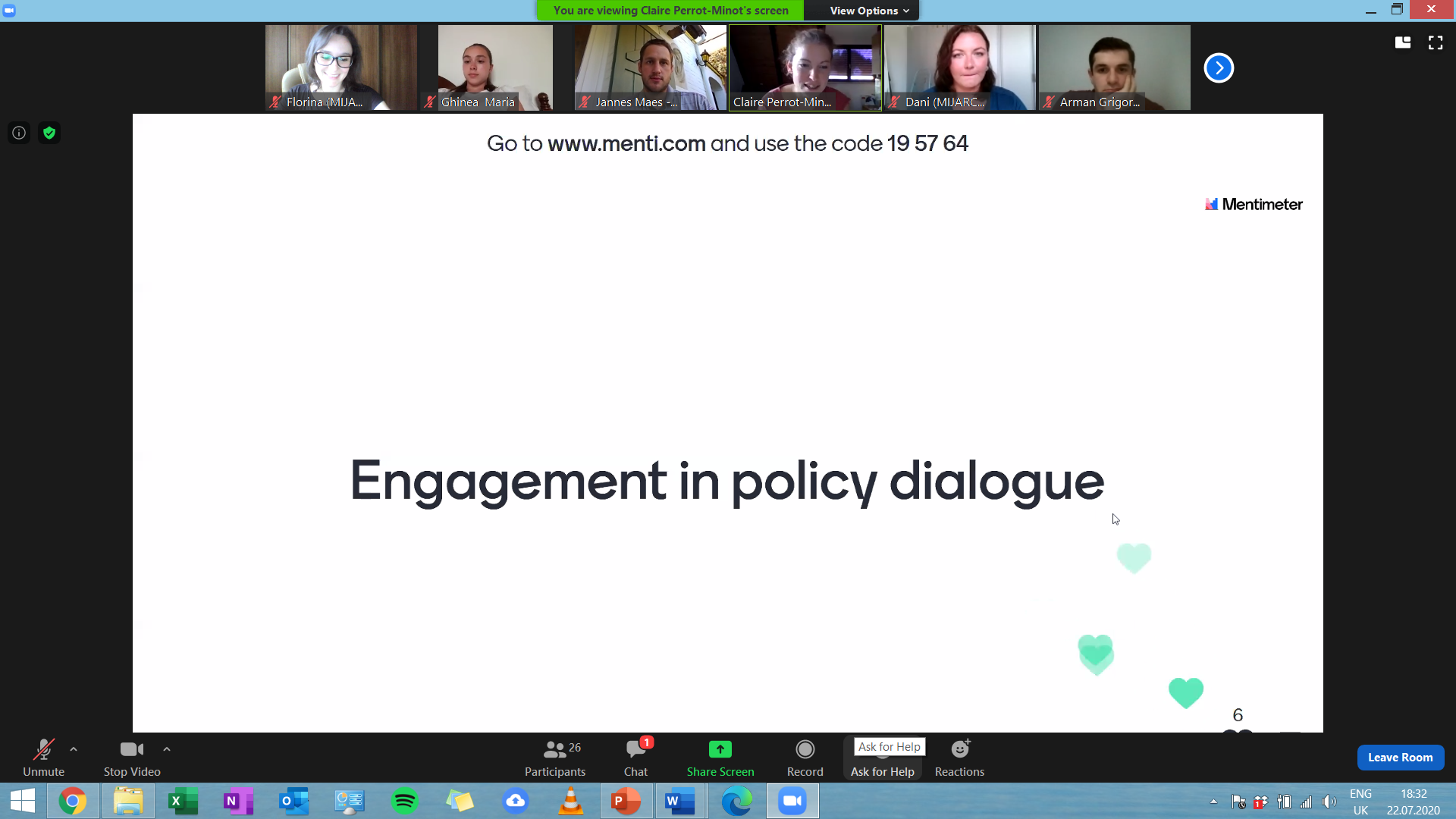
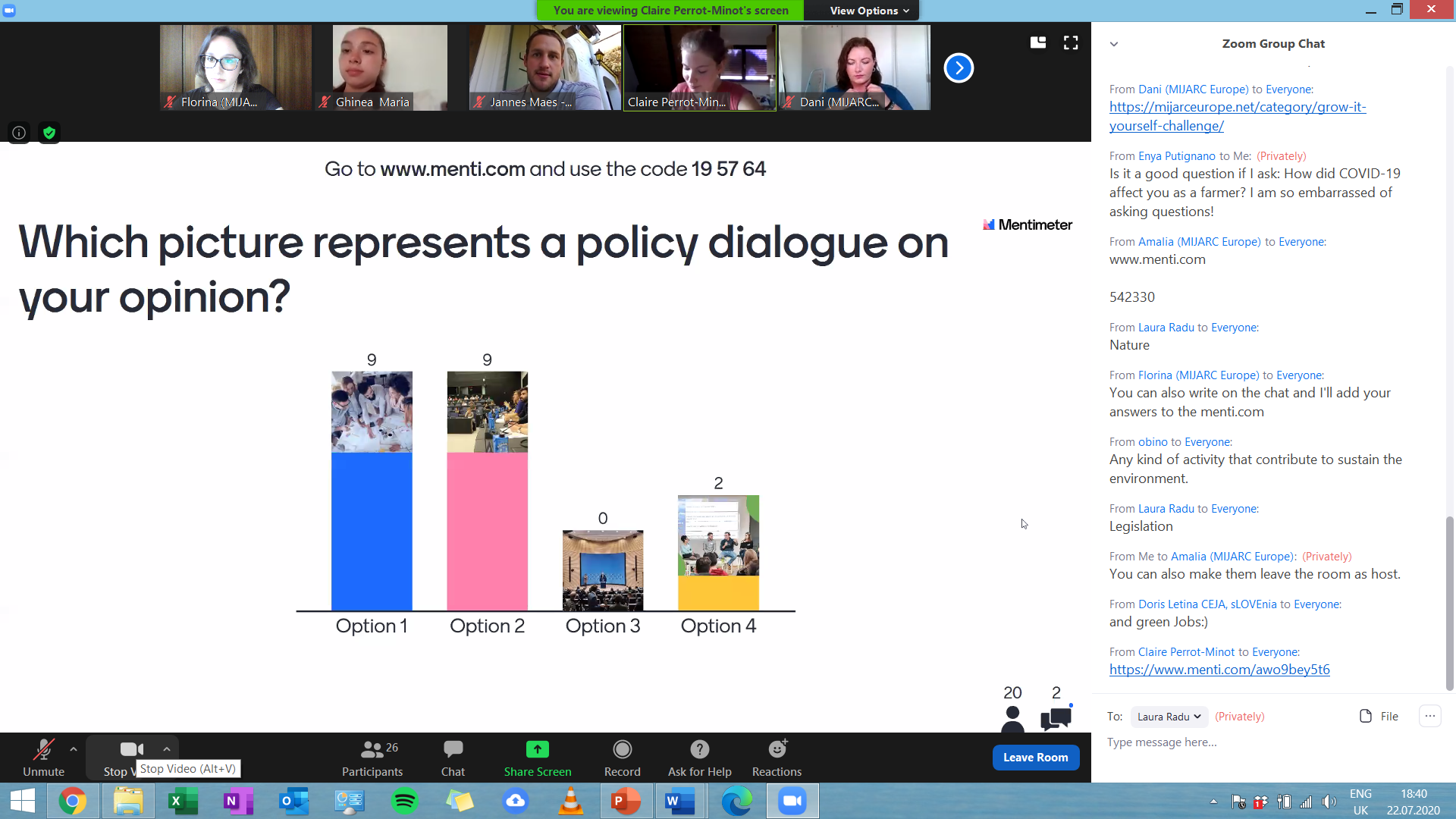
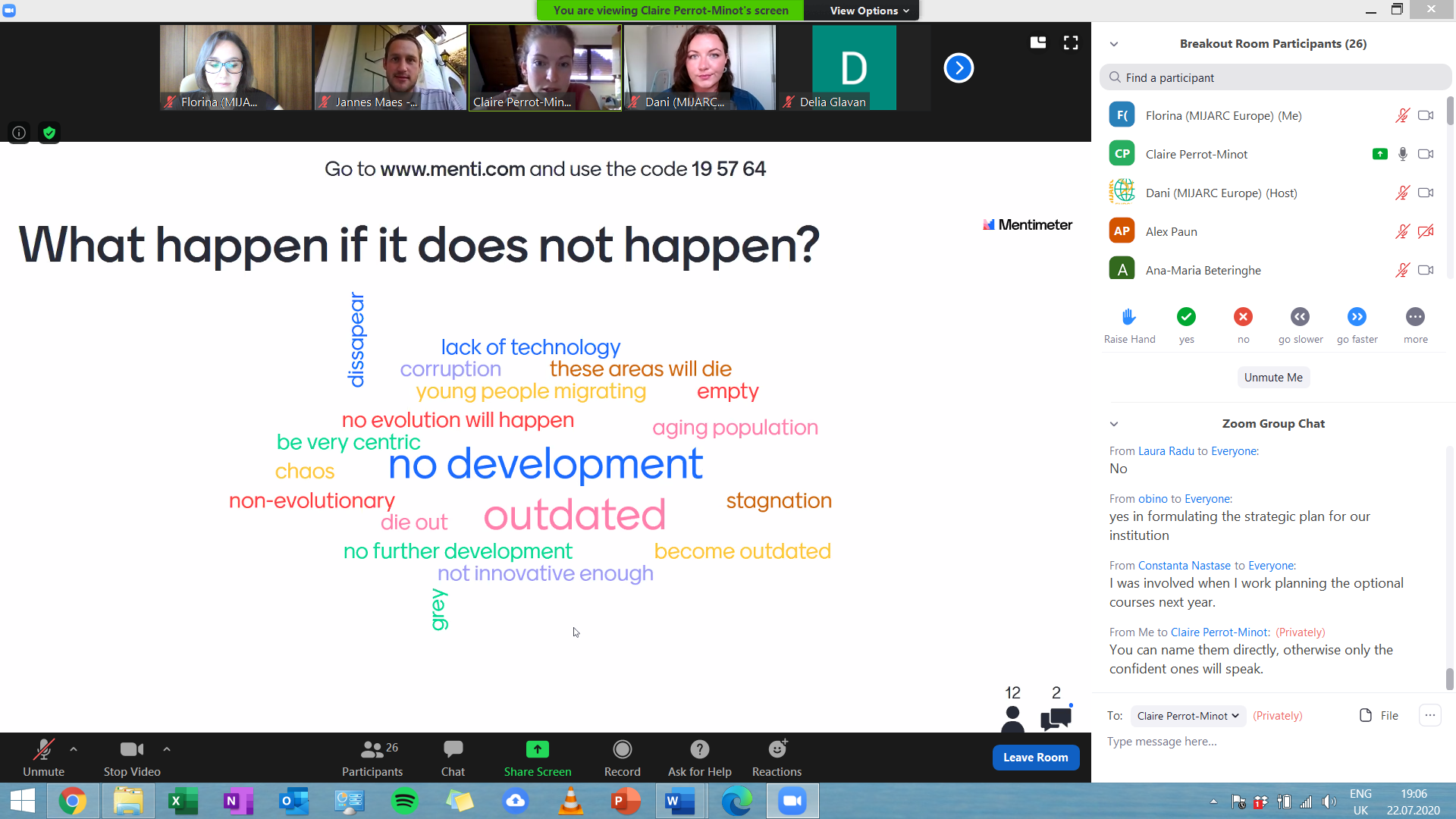
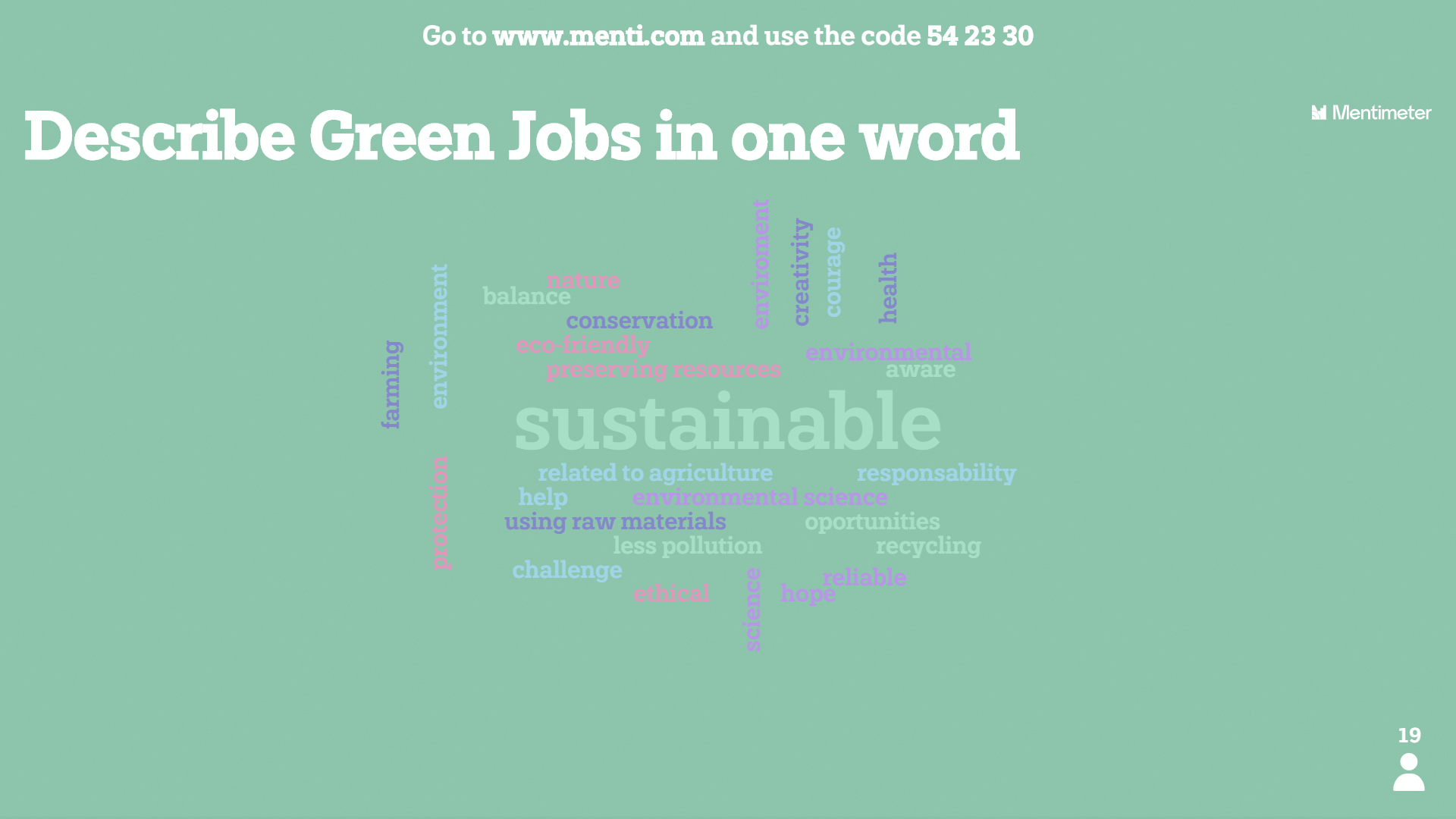
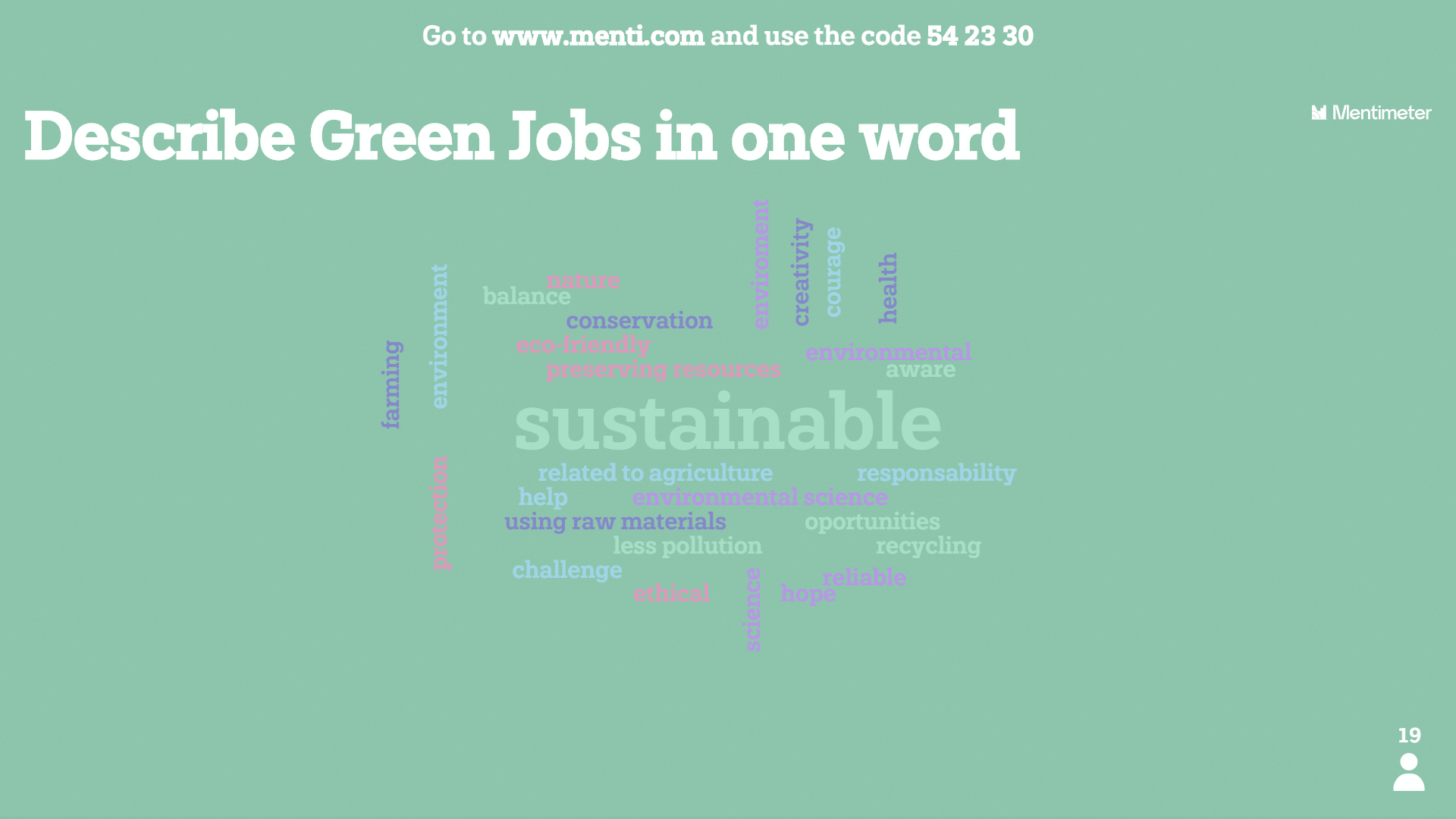
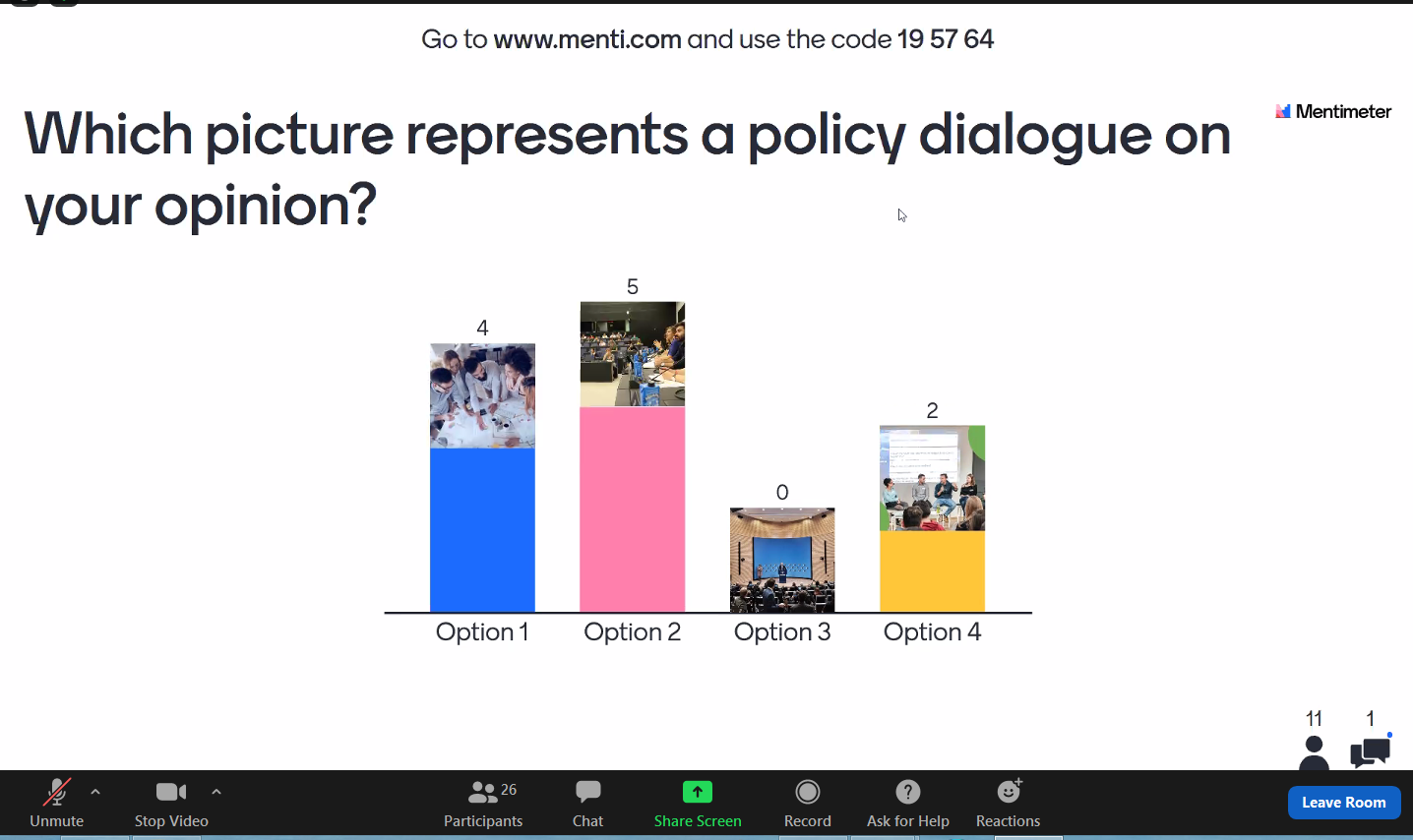
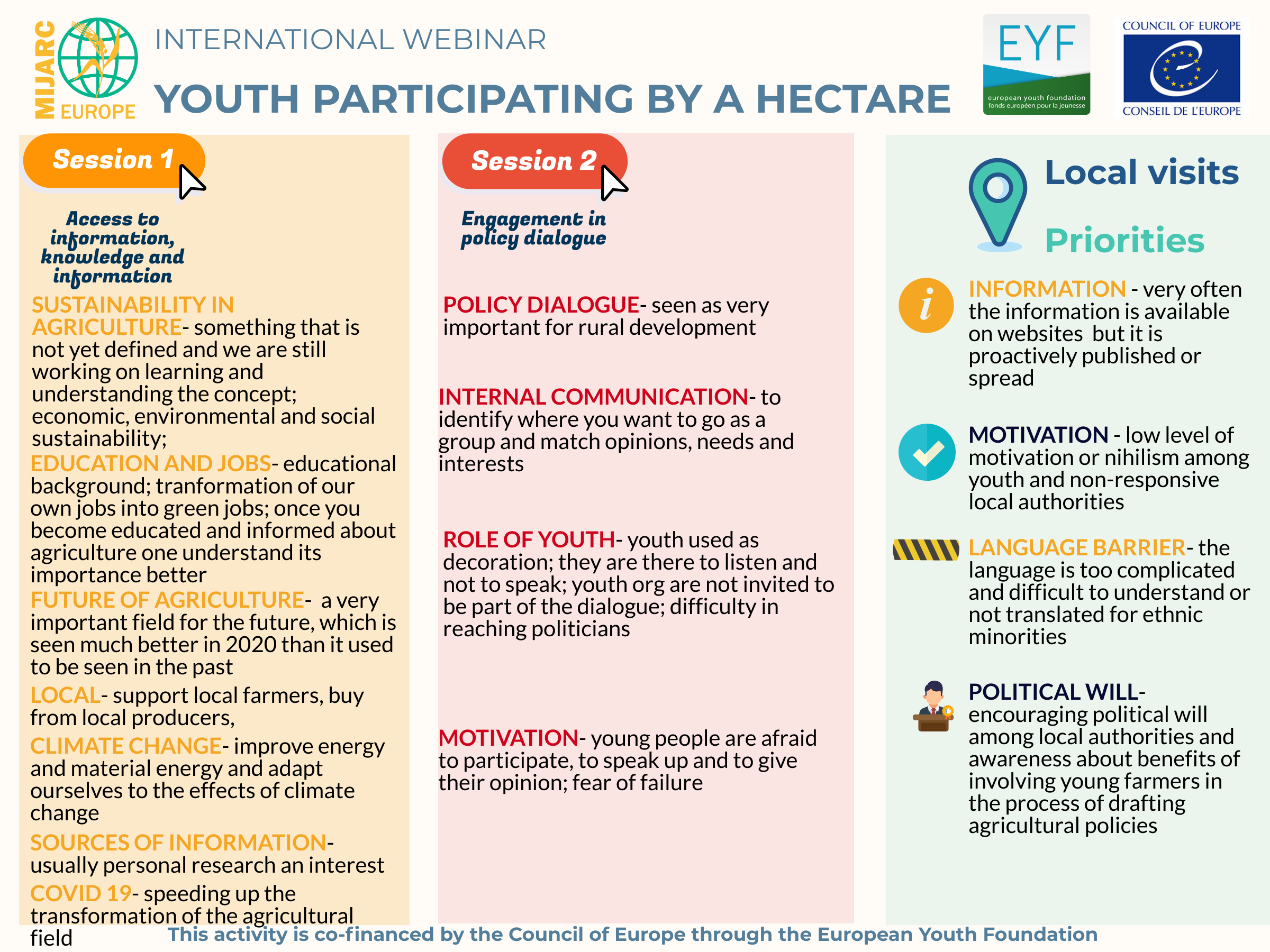
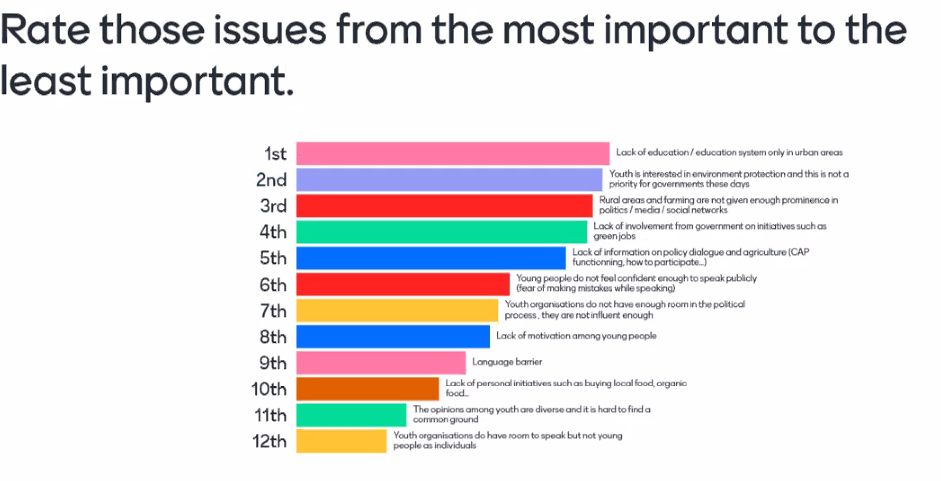
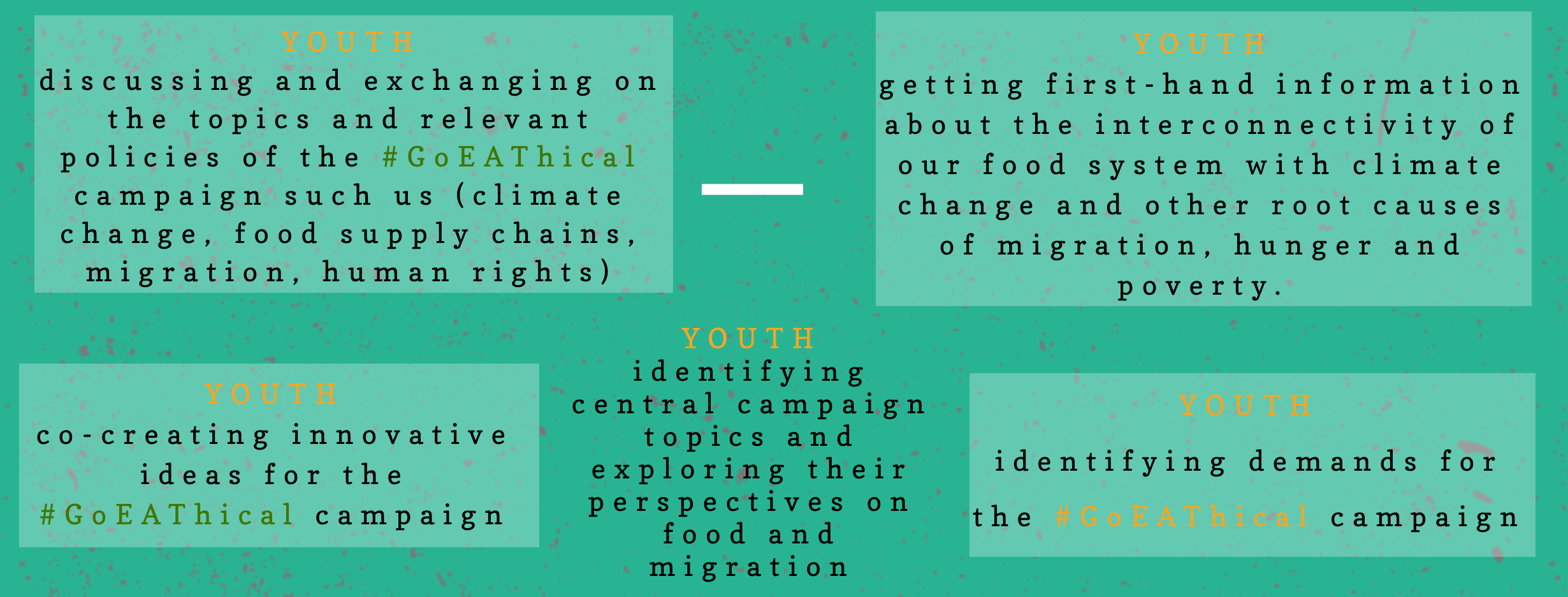
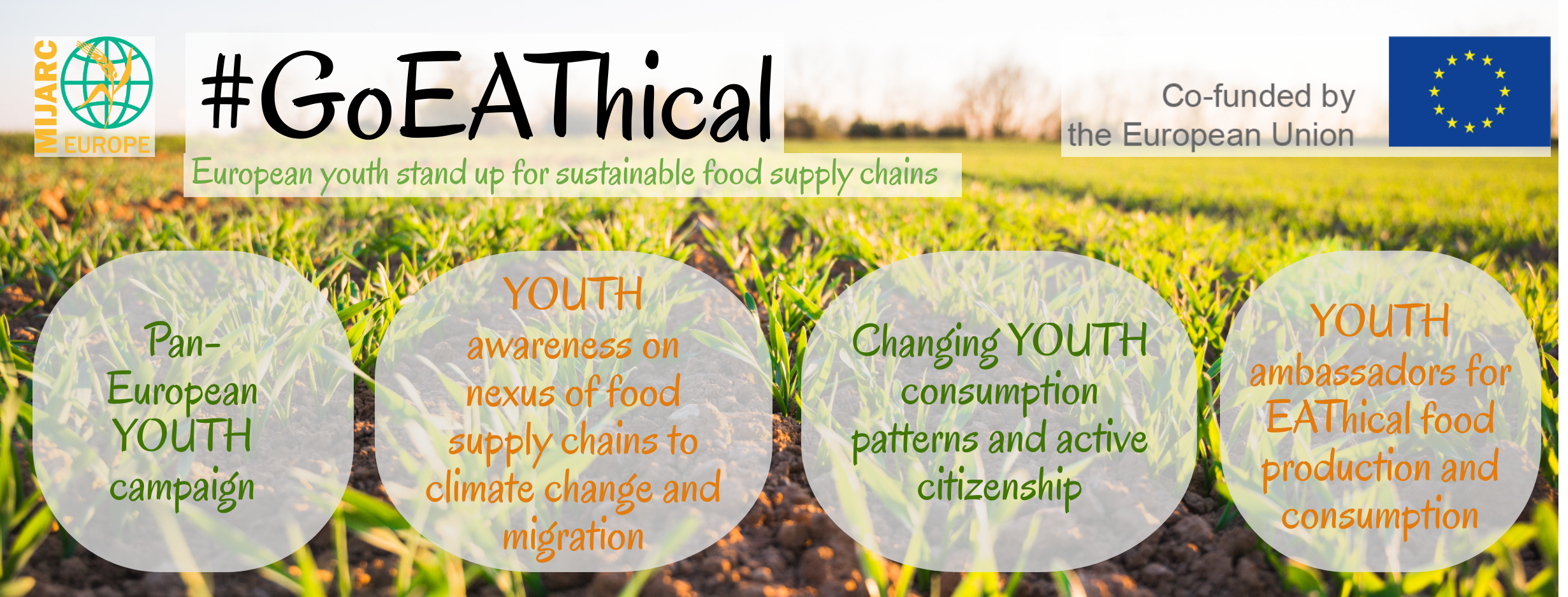

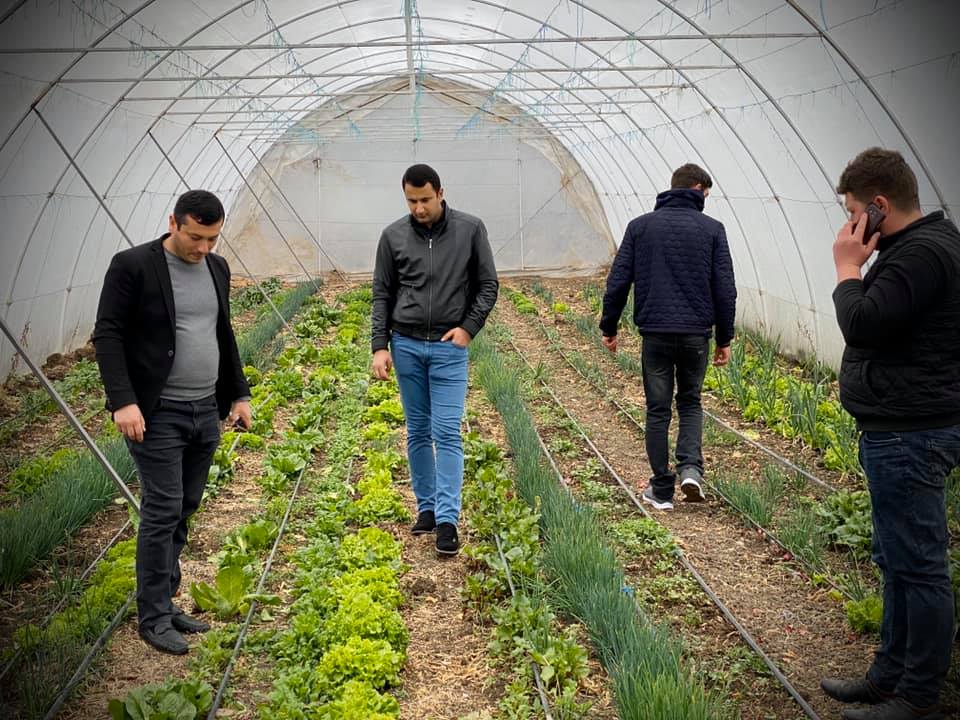
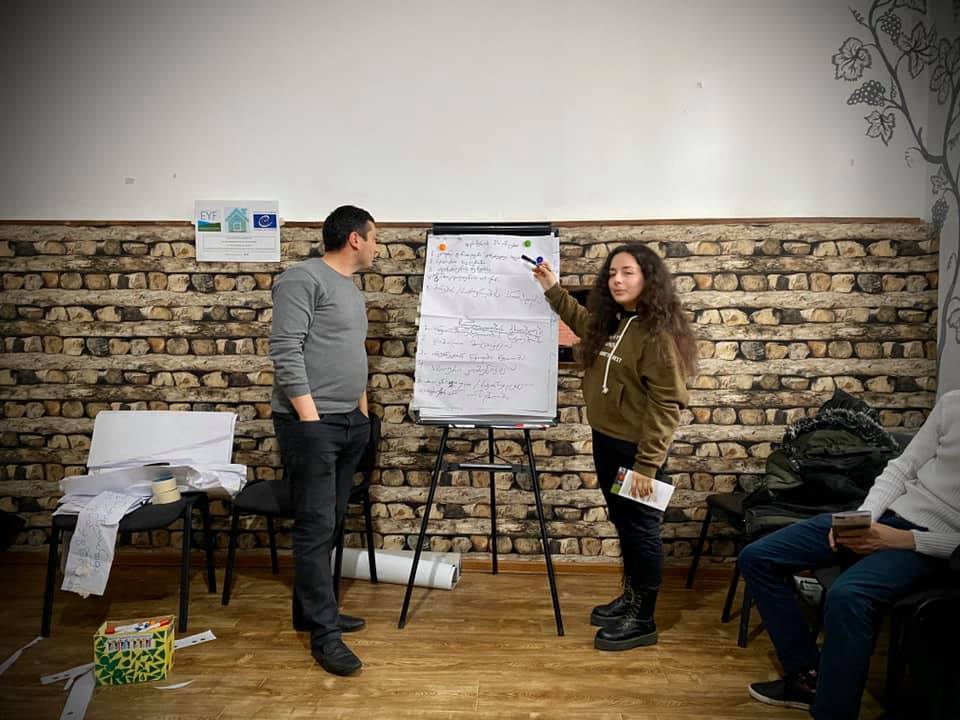
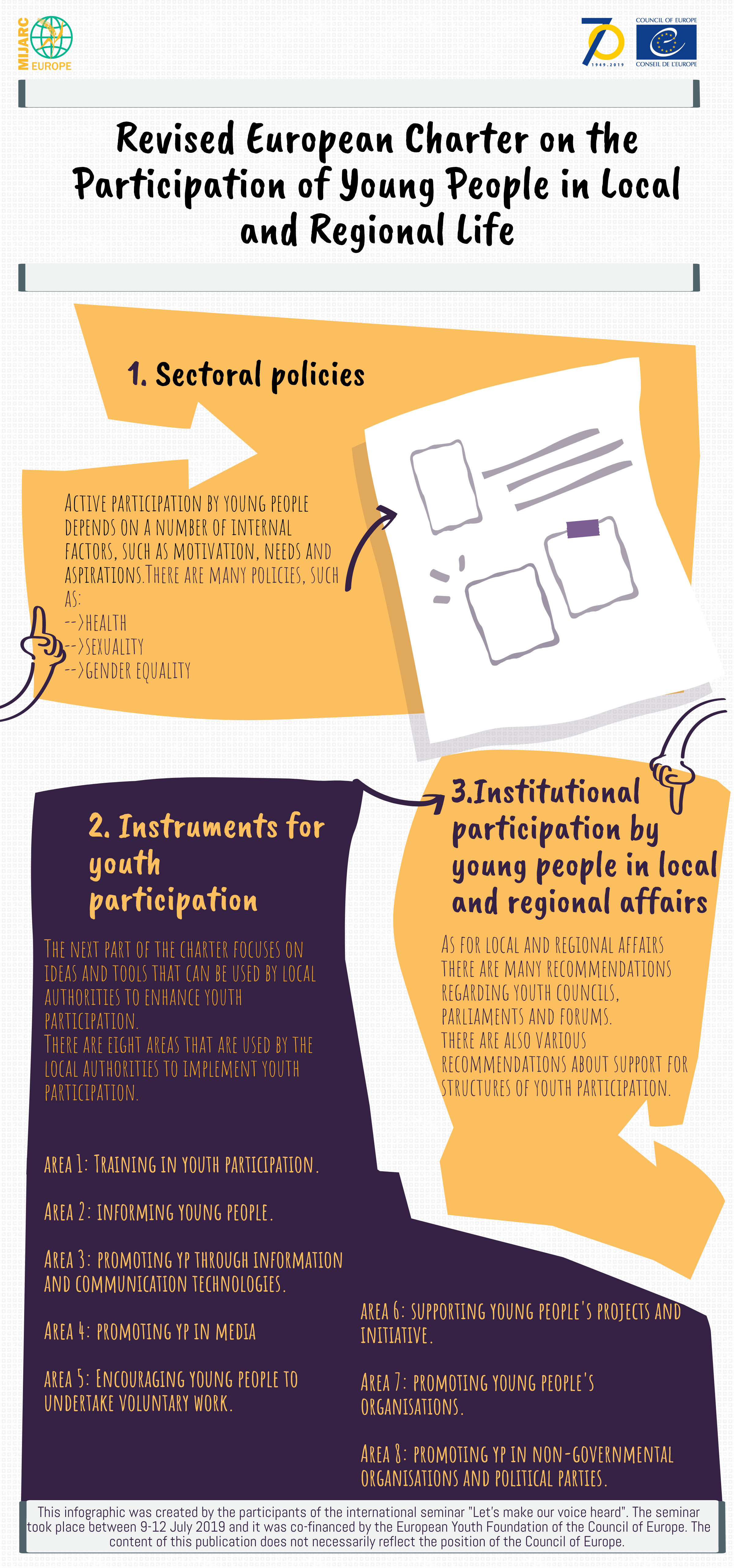
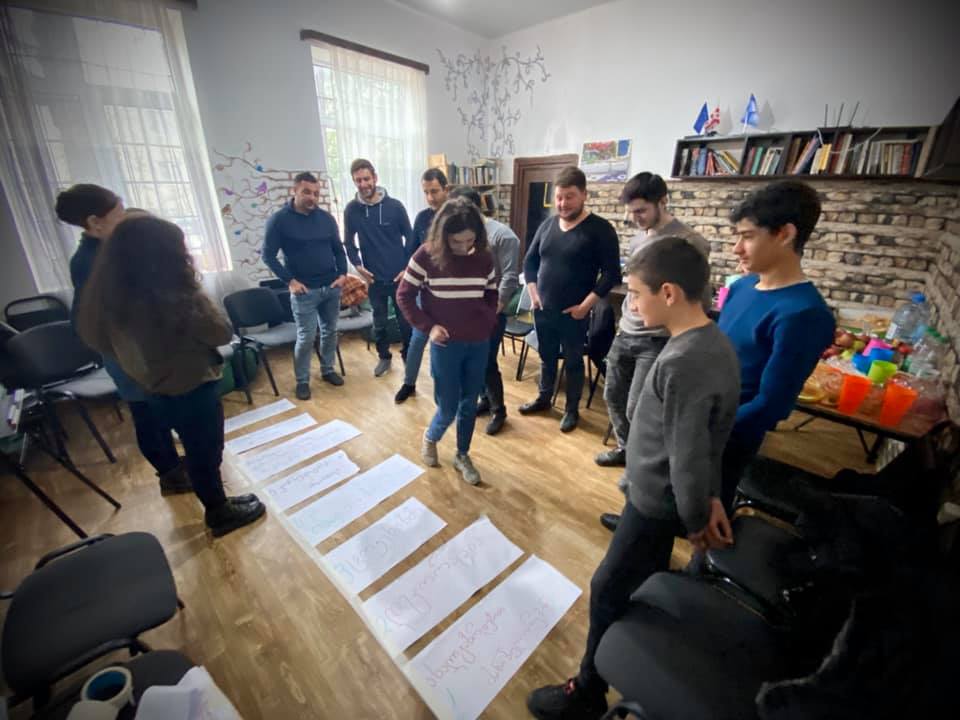
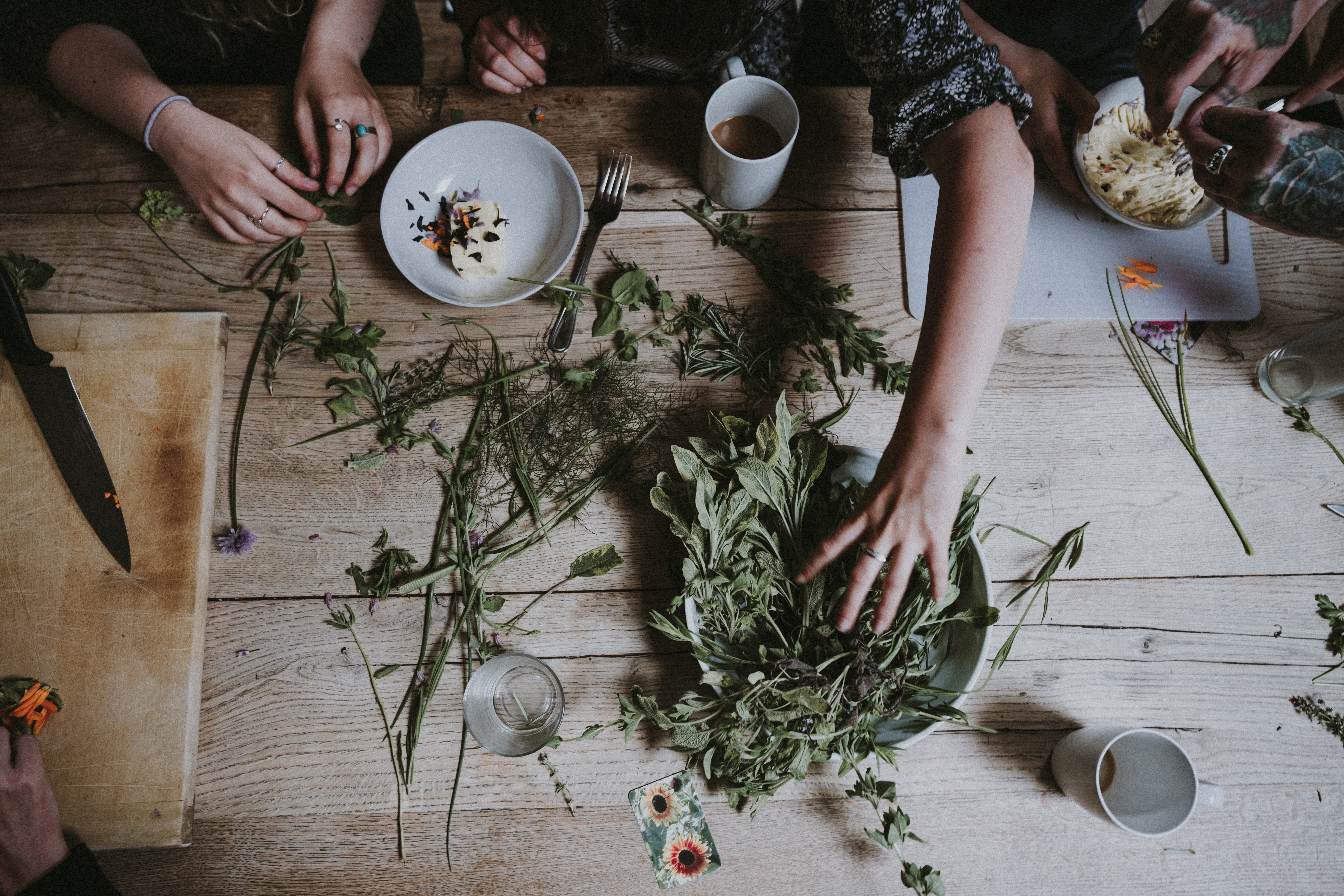
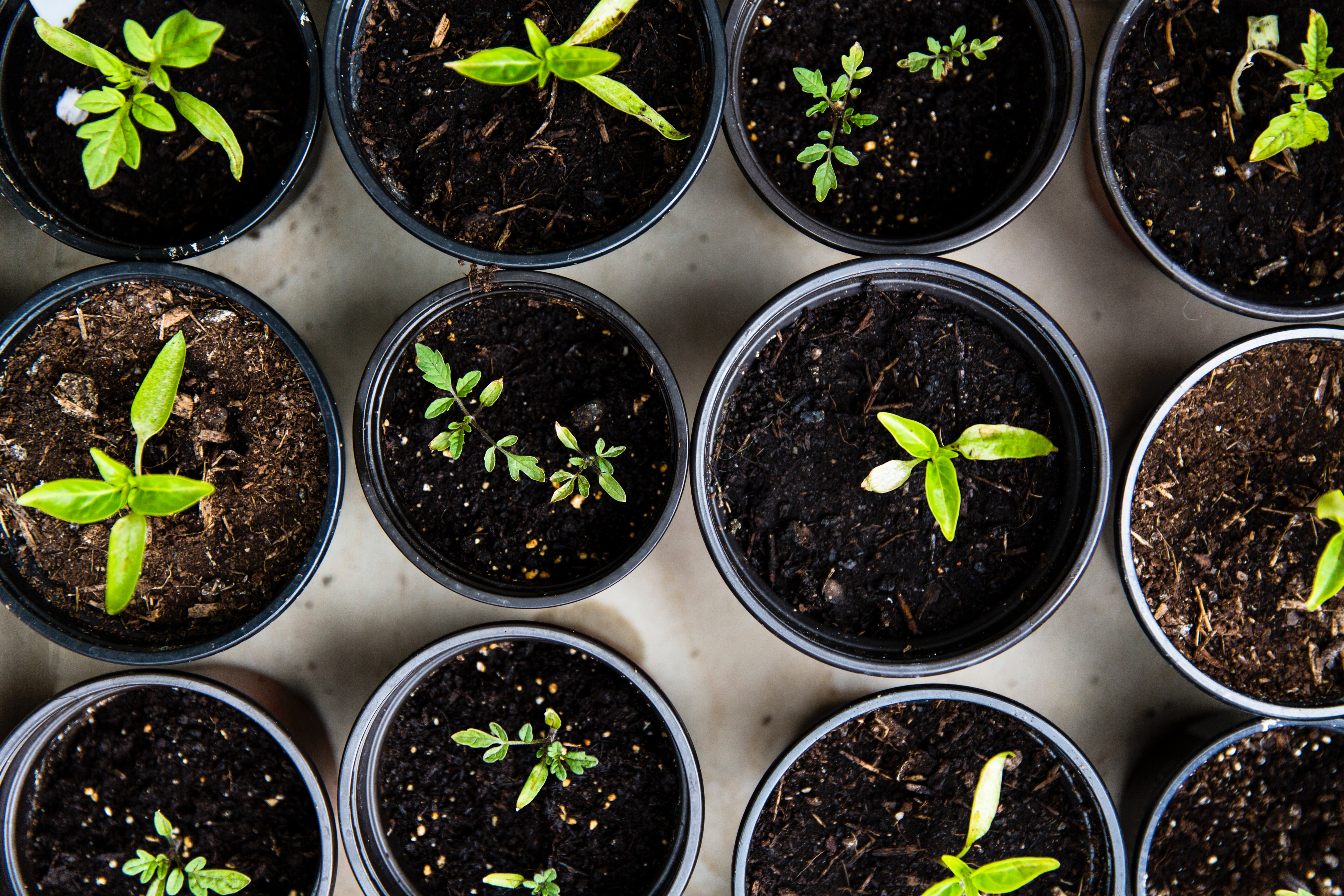
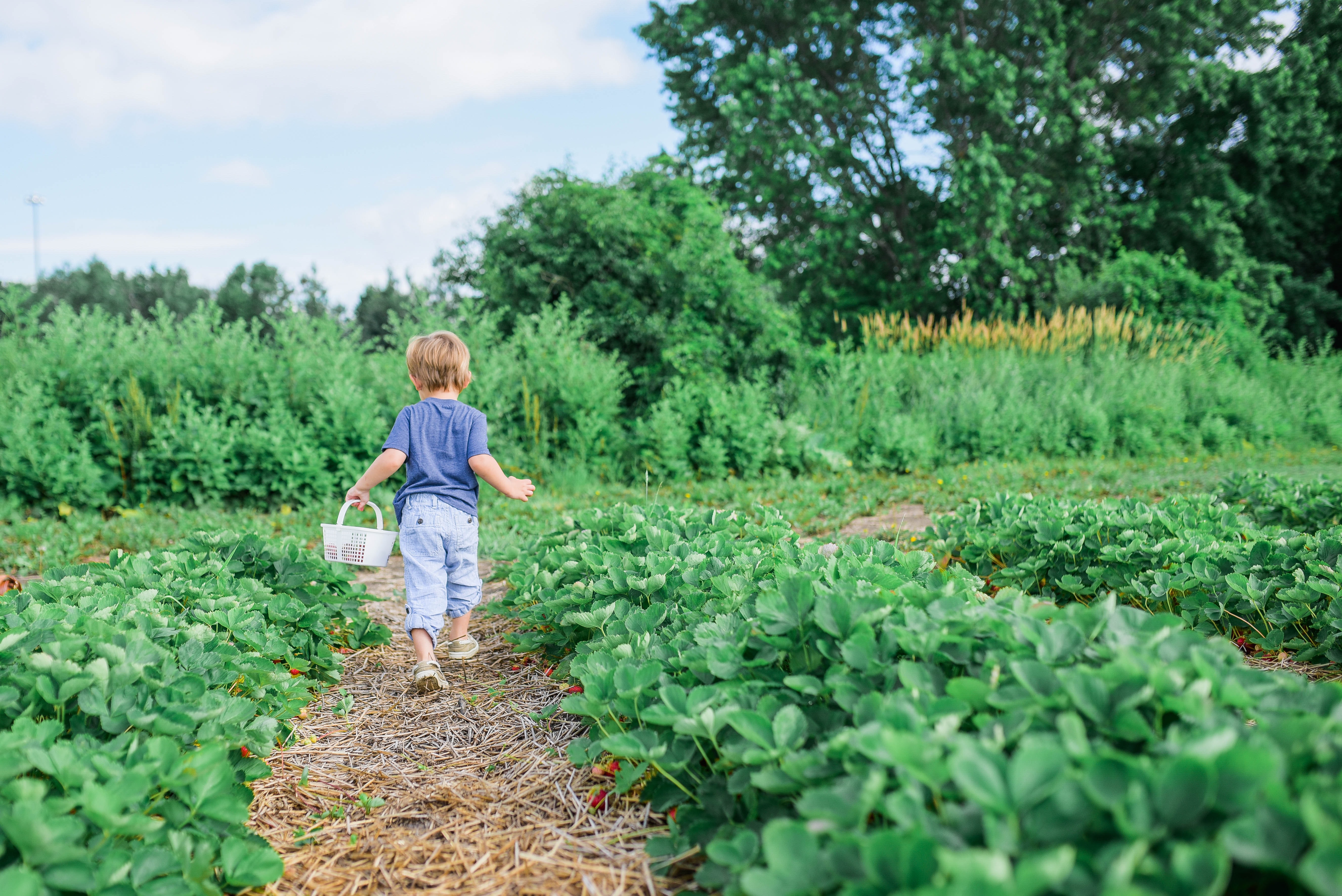
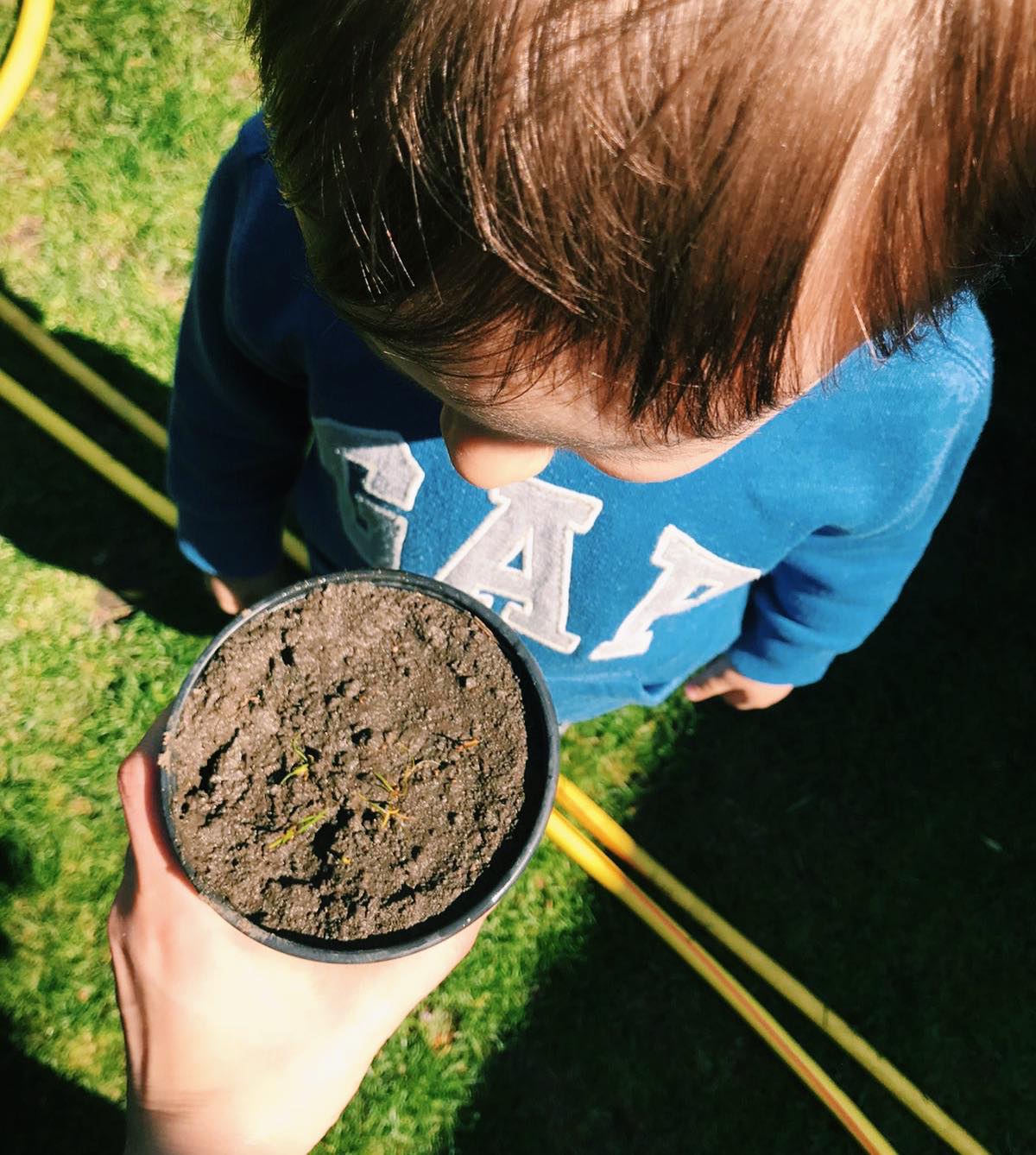
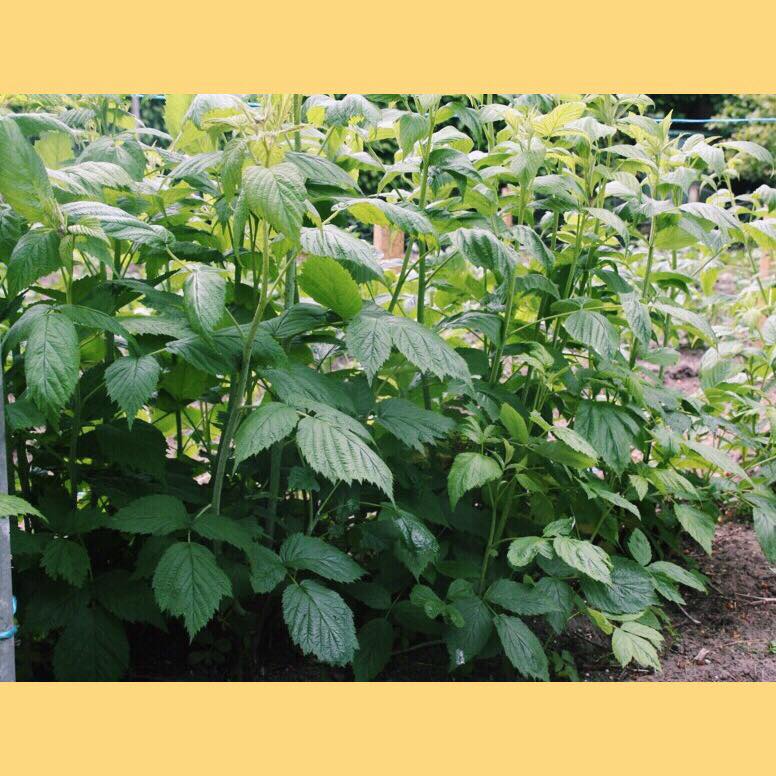
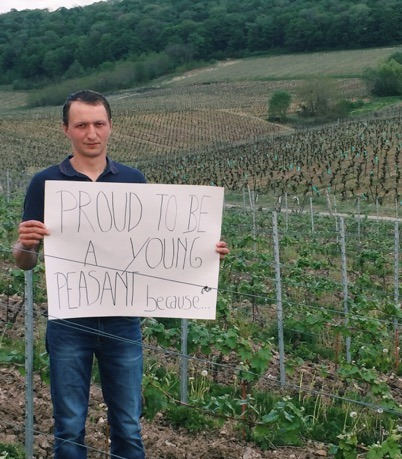
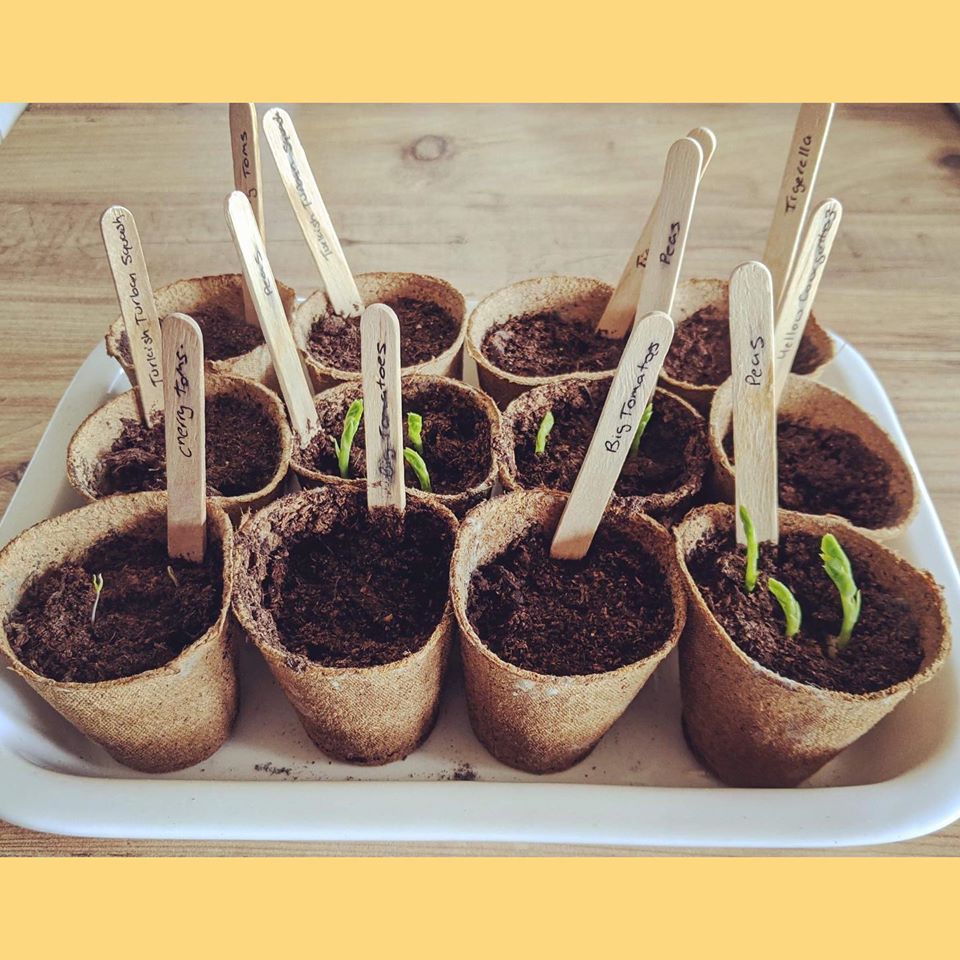





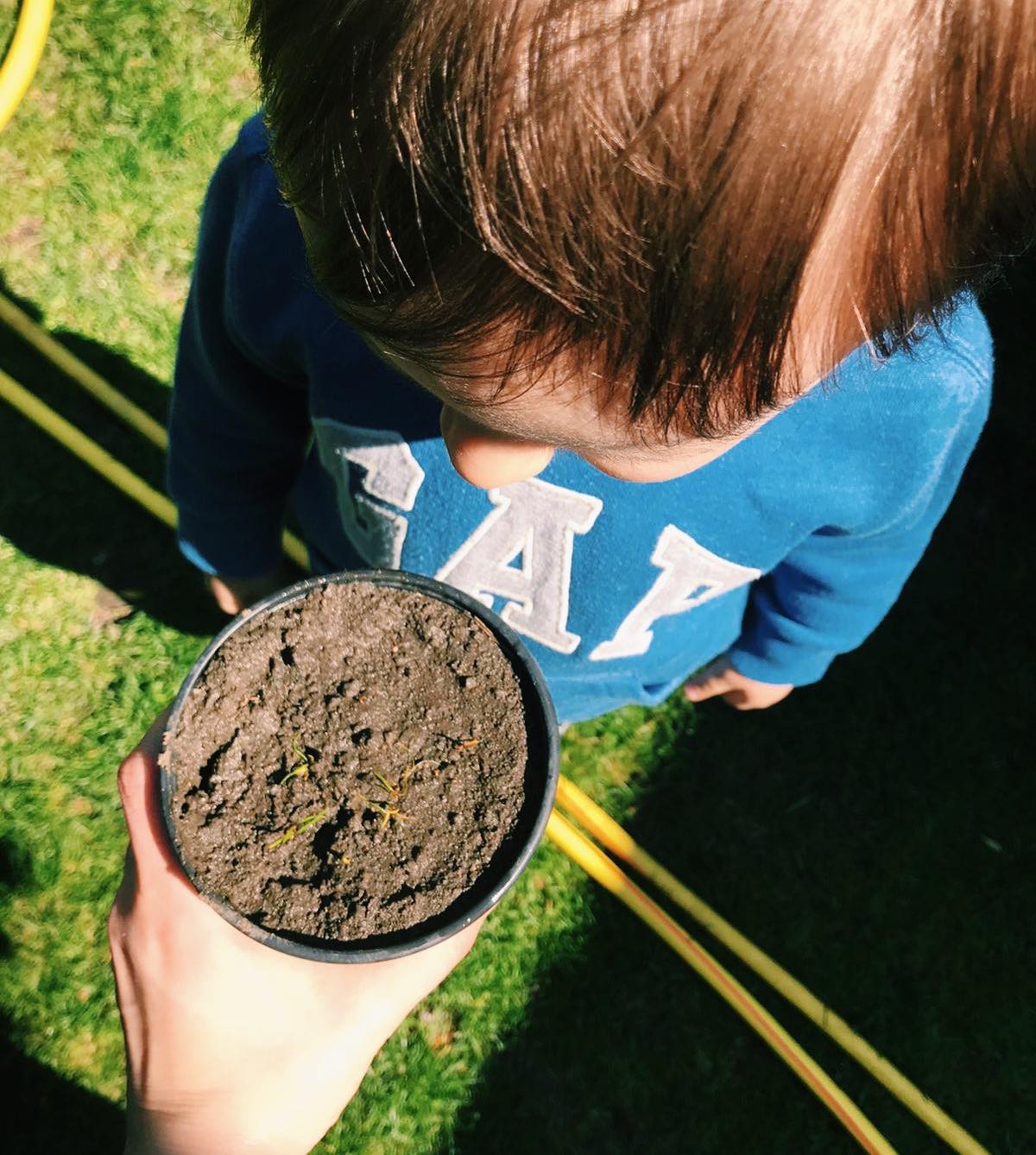
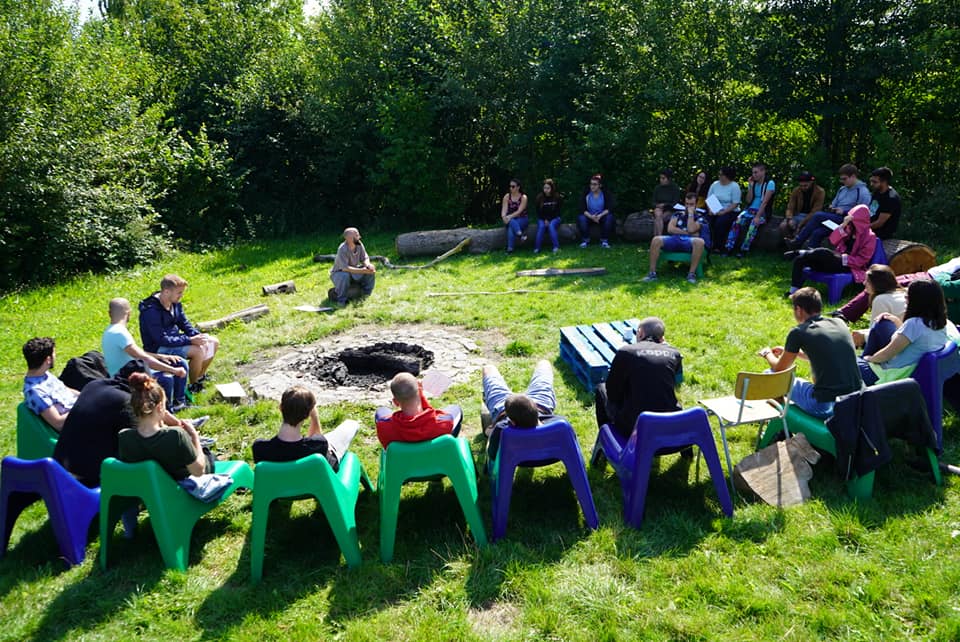
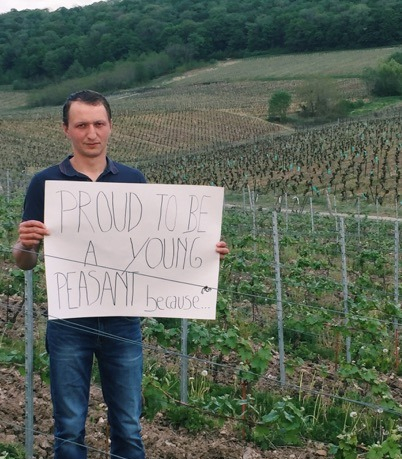
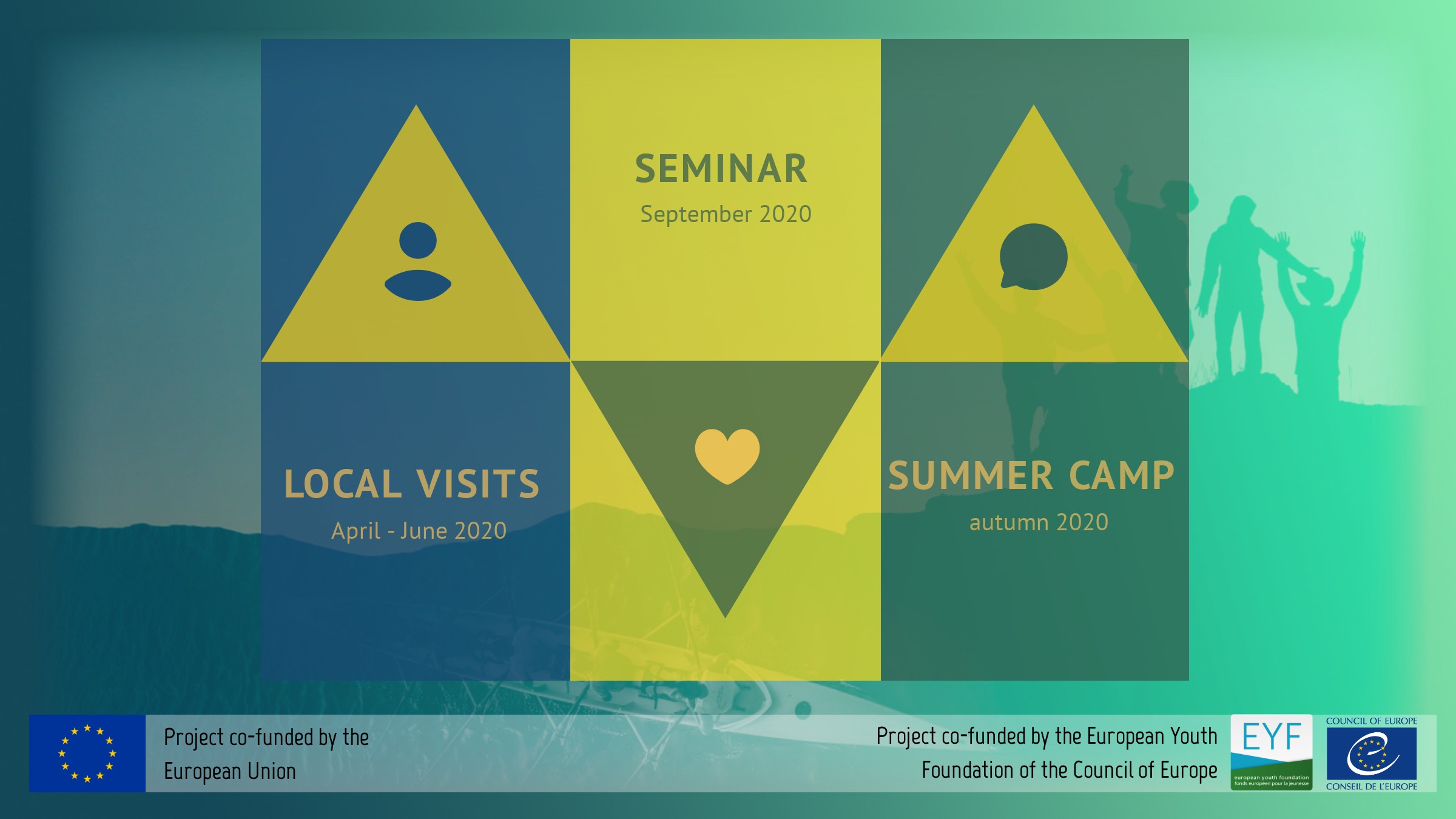
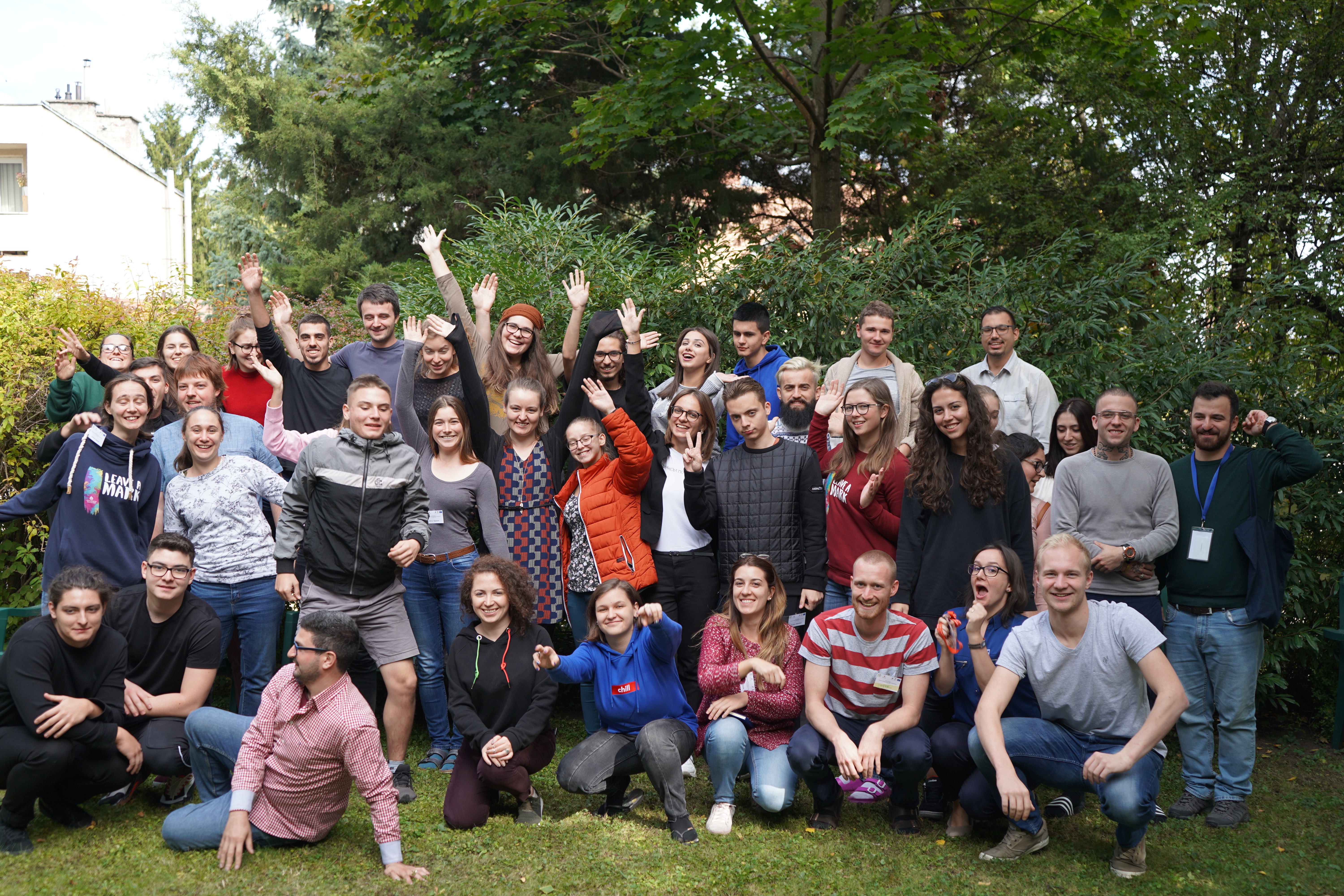
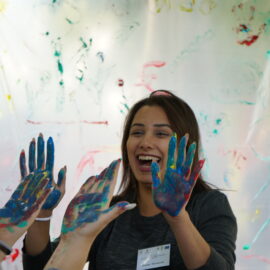
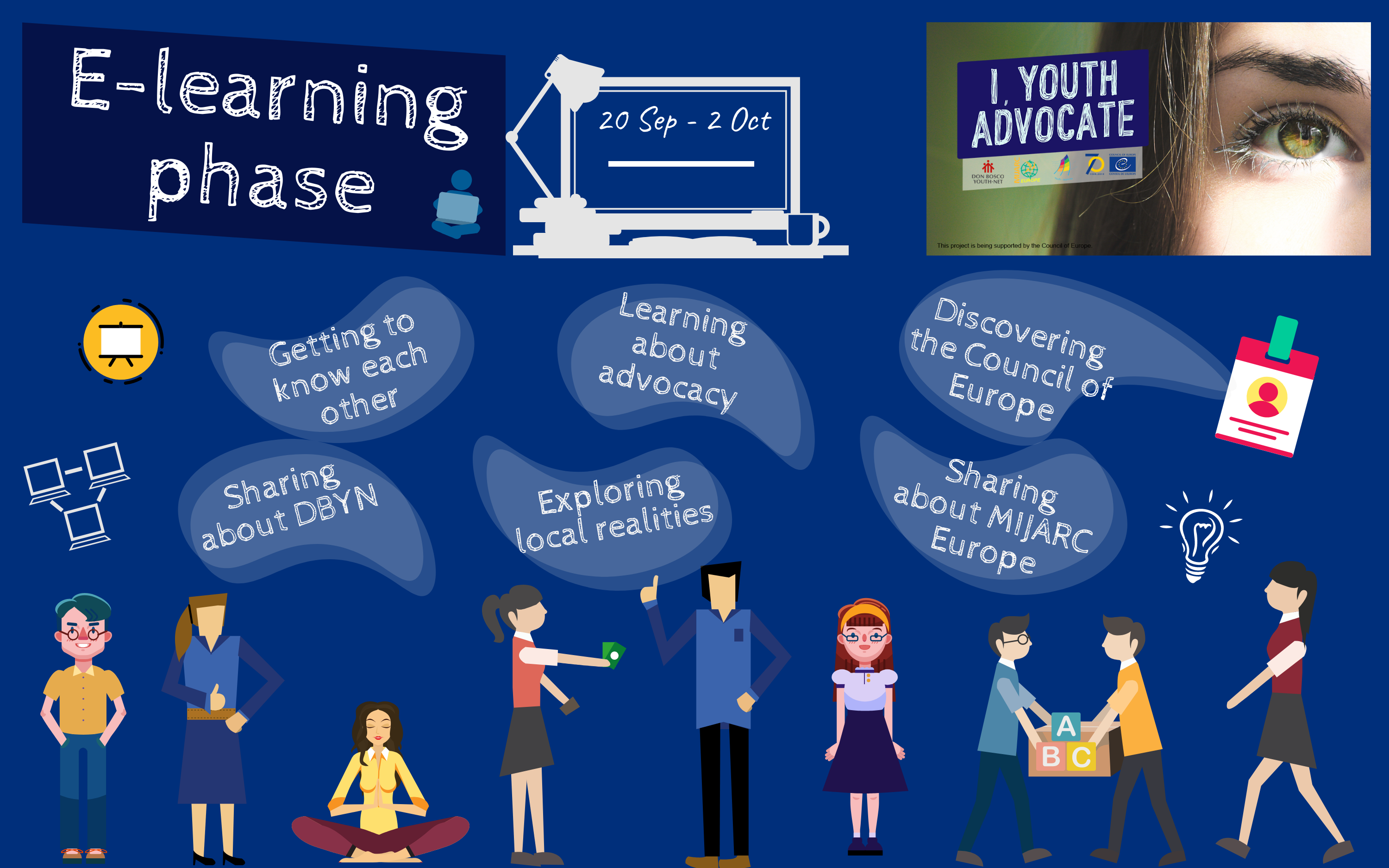 The online learning phase took place between 20th September – 2nd October. It was hosted on the Moodle platform and it included ten days of study and a time investment of 2 hours per module.
The online learning phase took place between 20th September – 2nd October. It was hosted on the Moodle platform and it included ten days of study and a time investment of 2 hours per module.